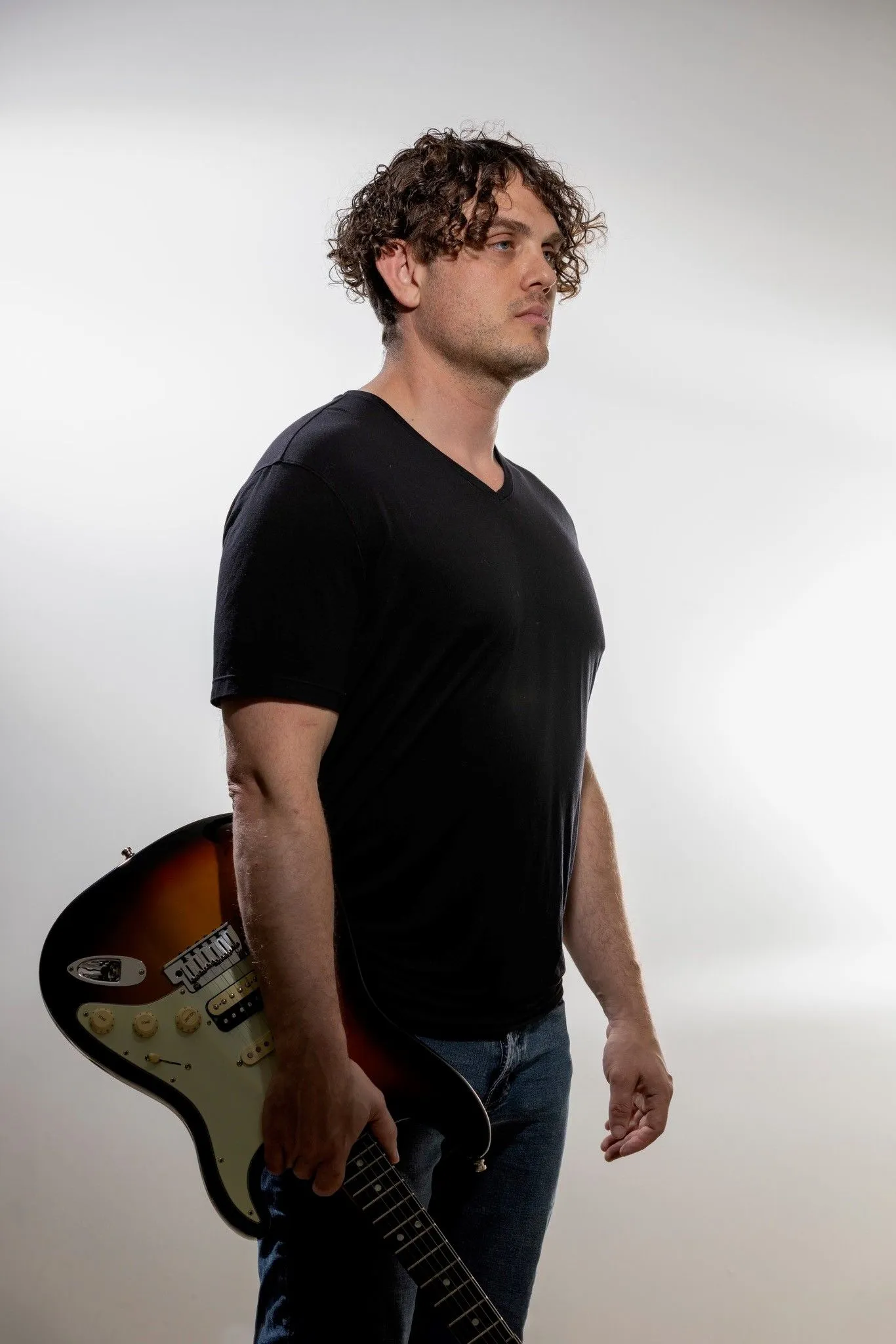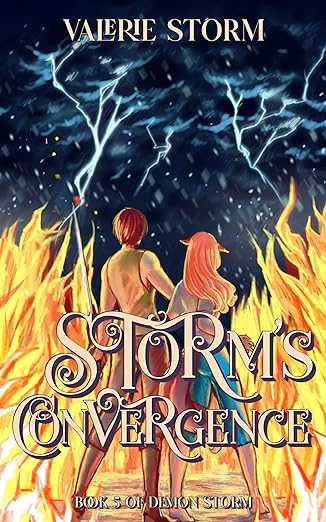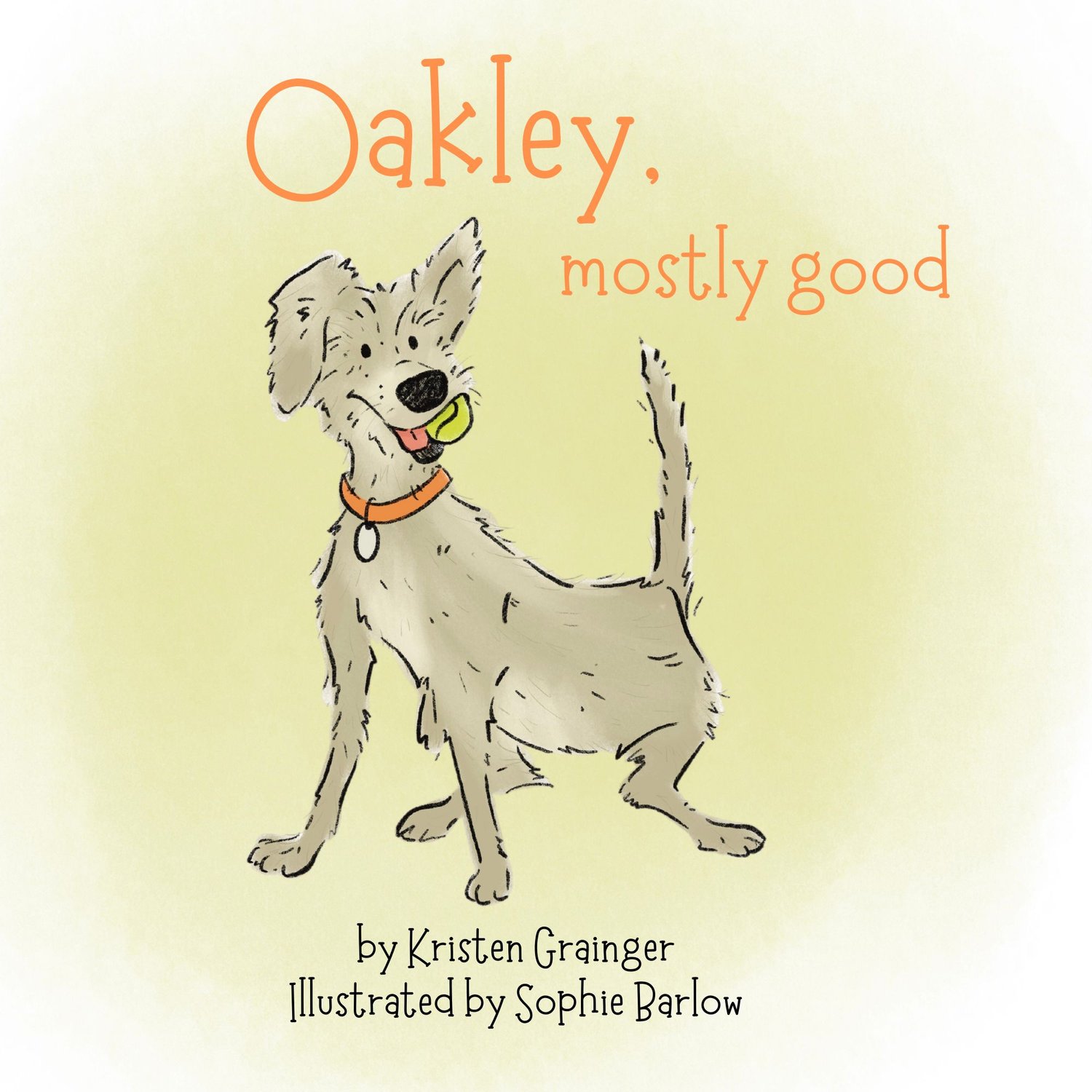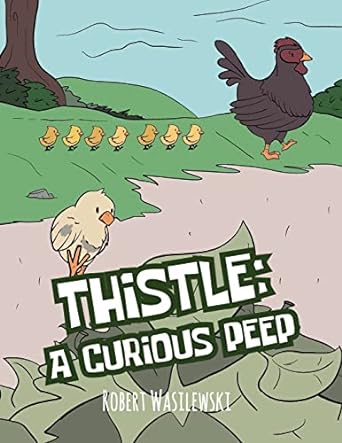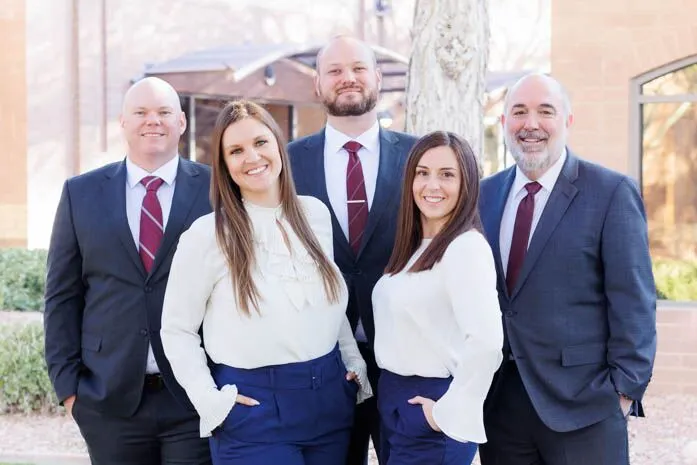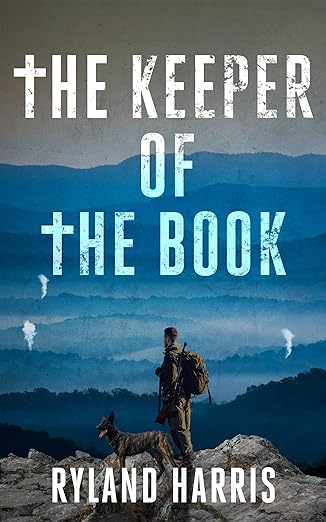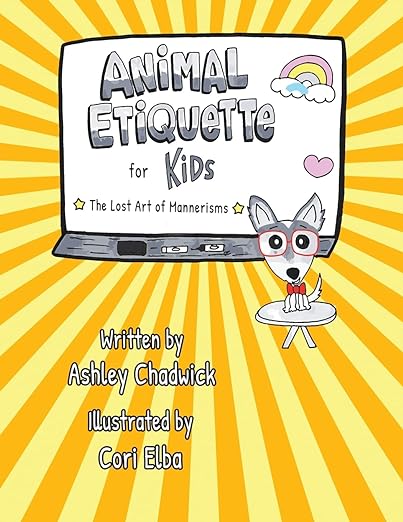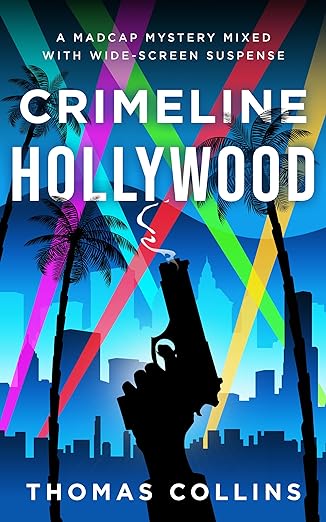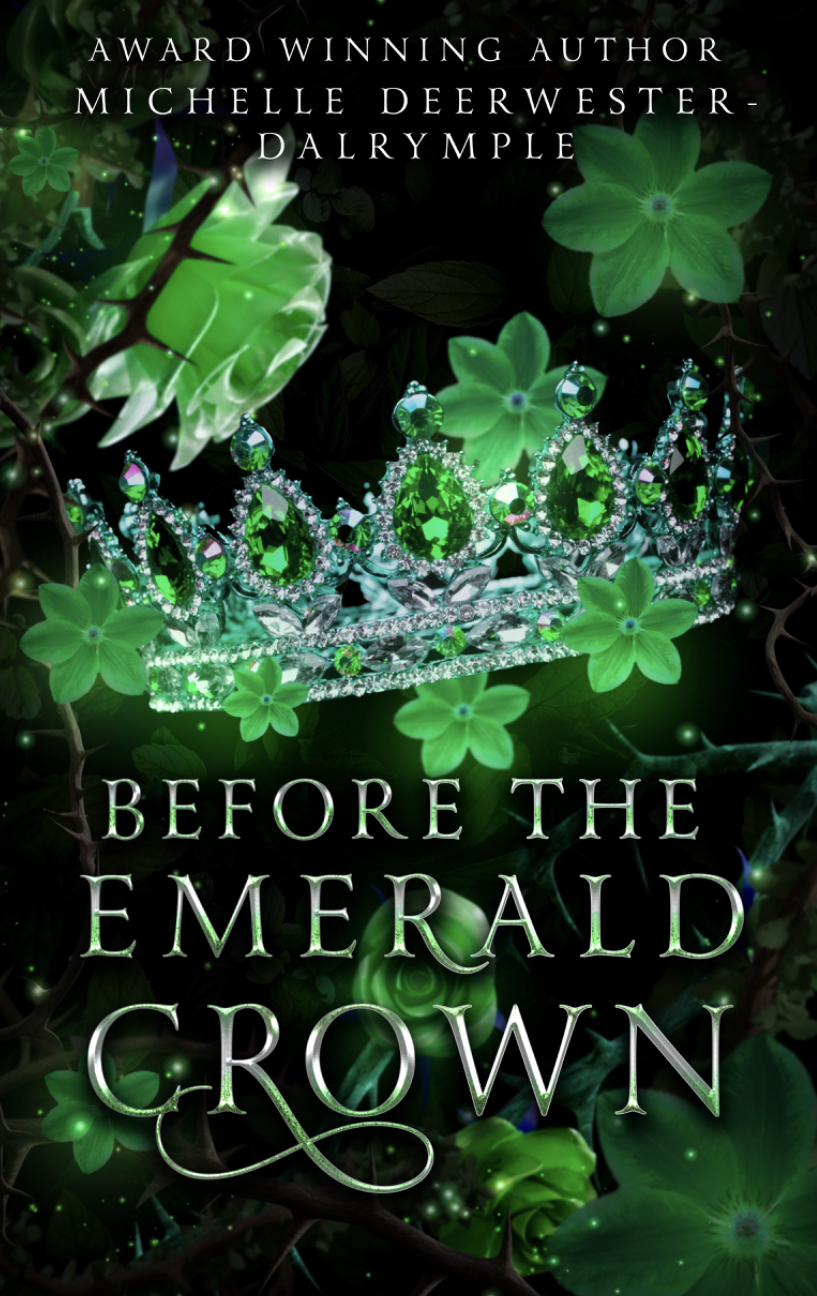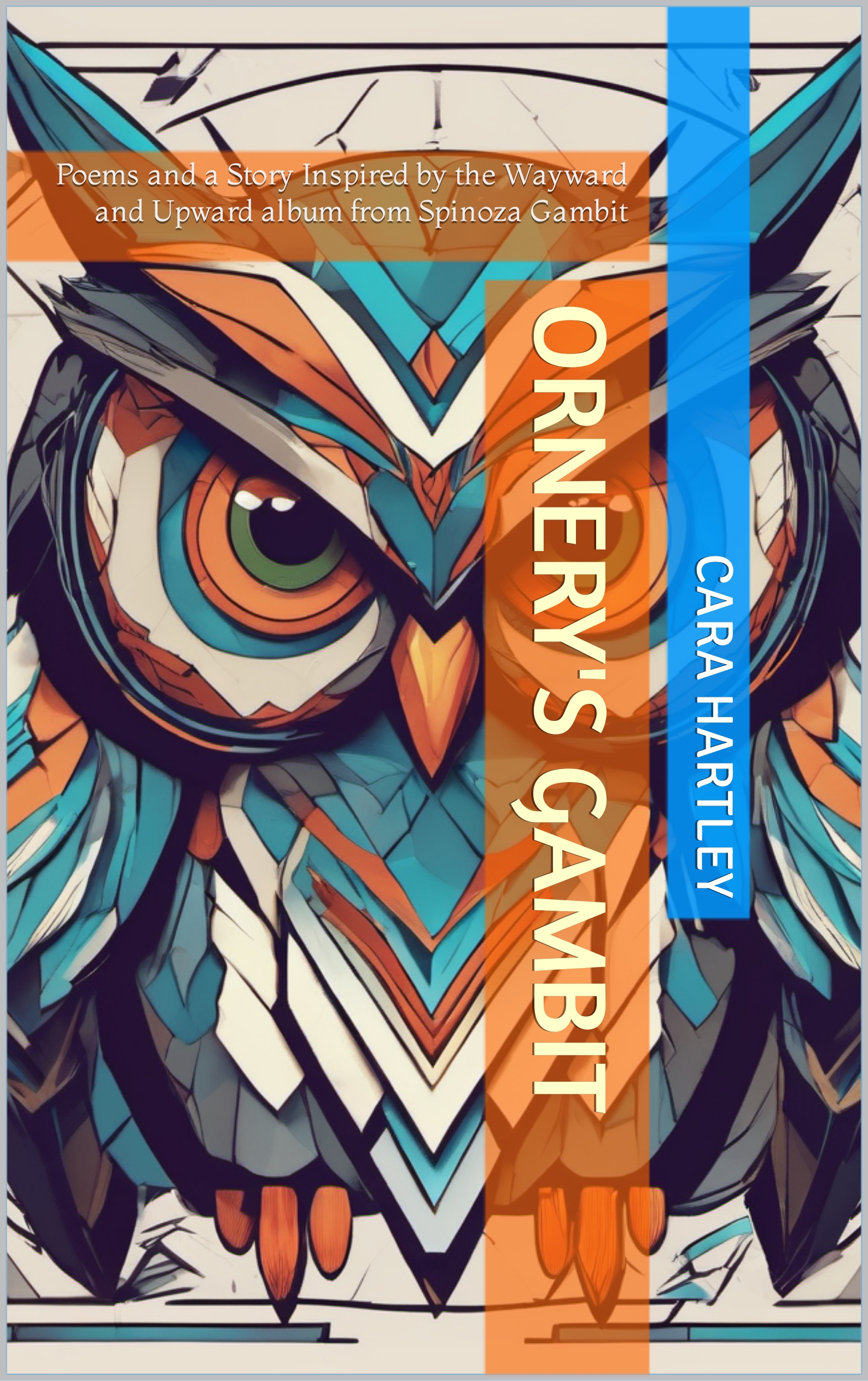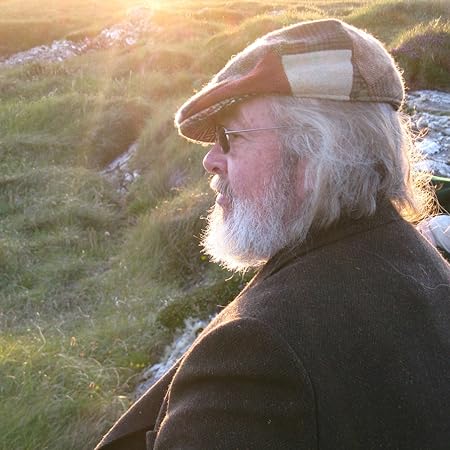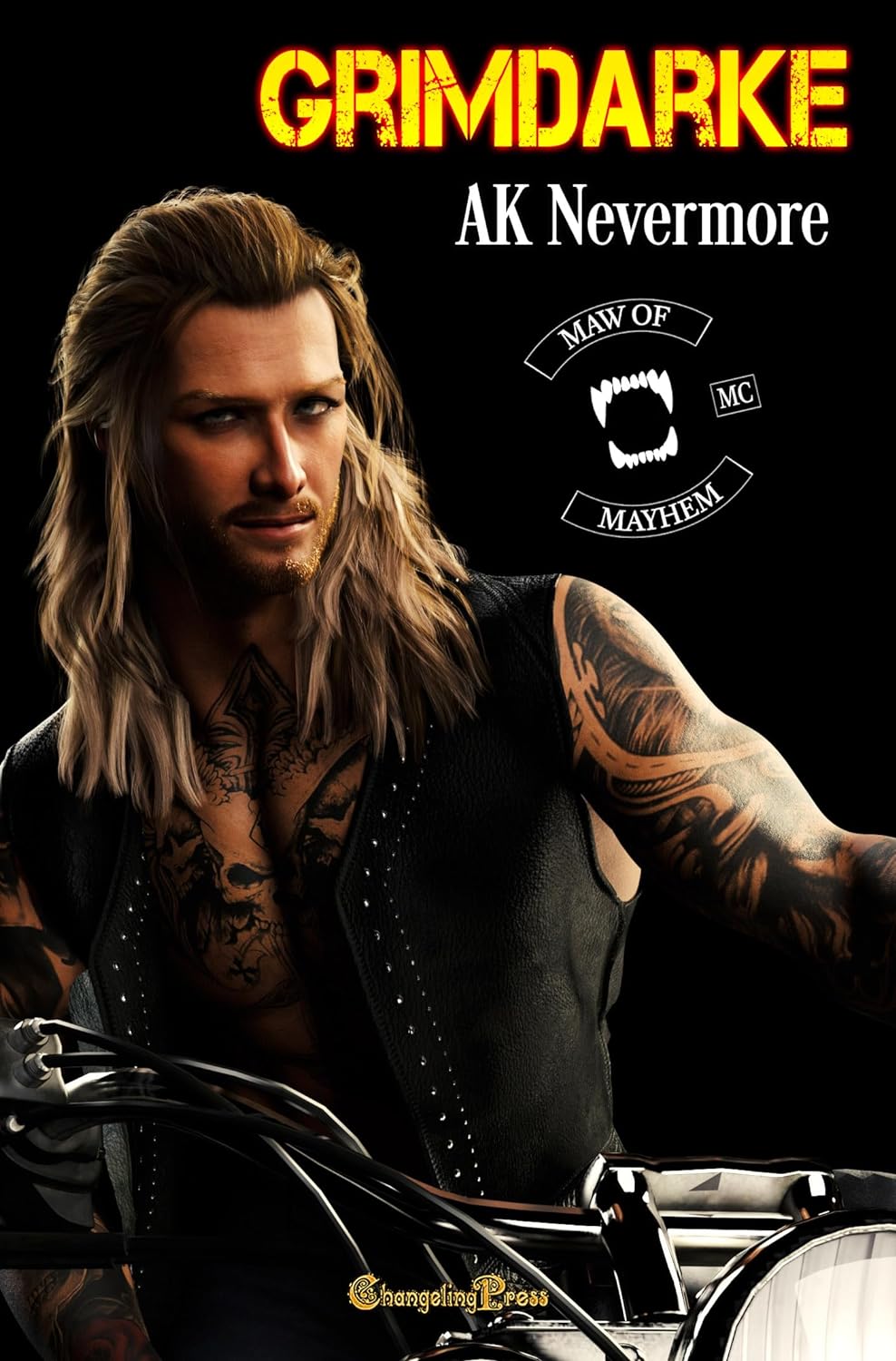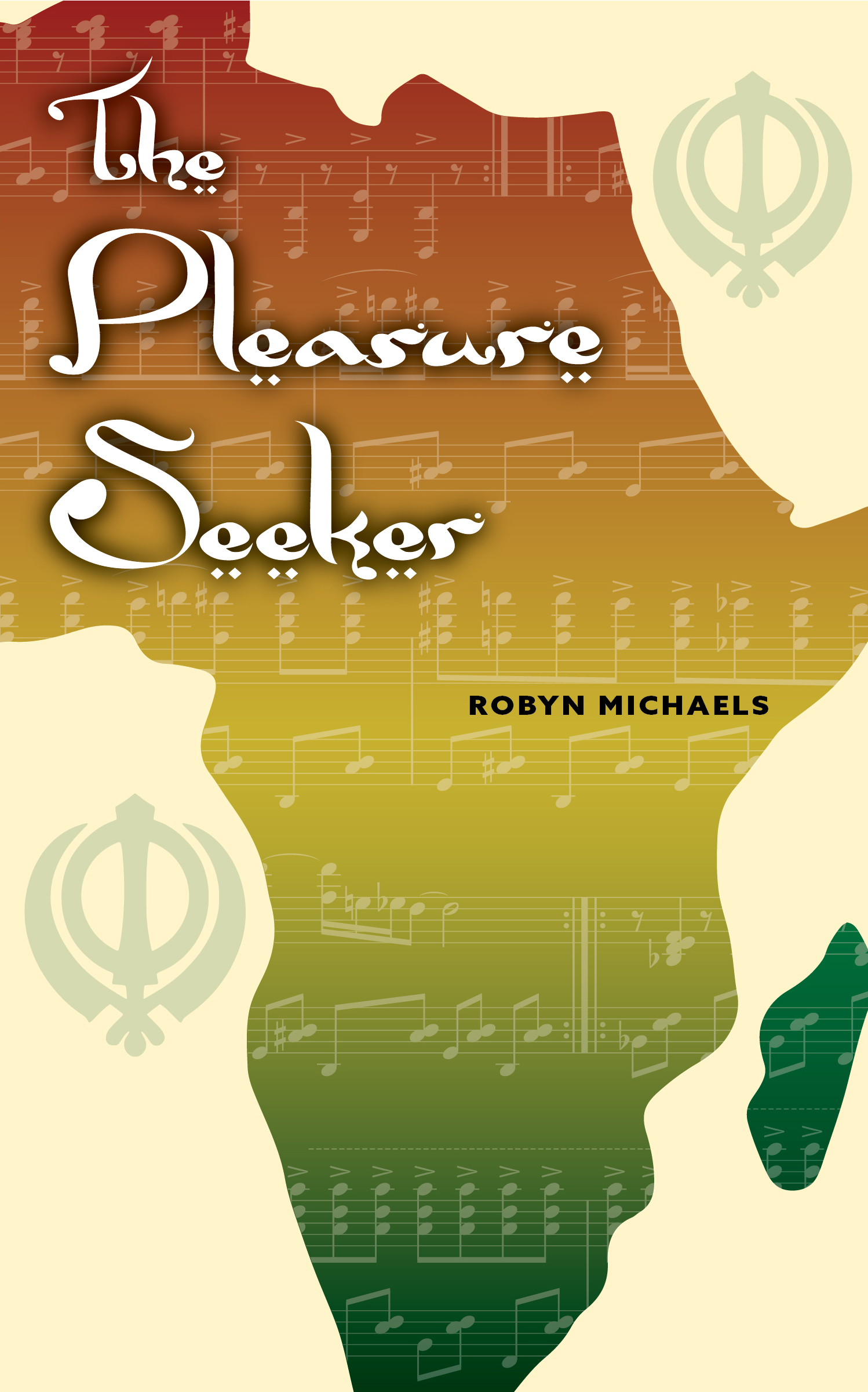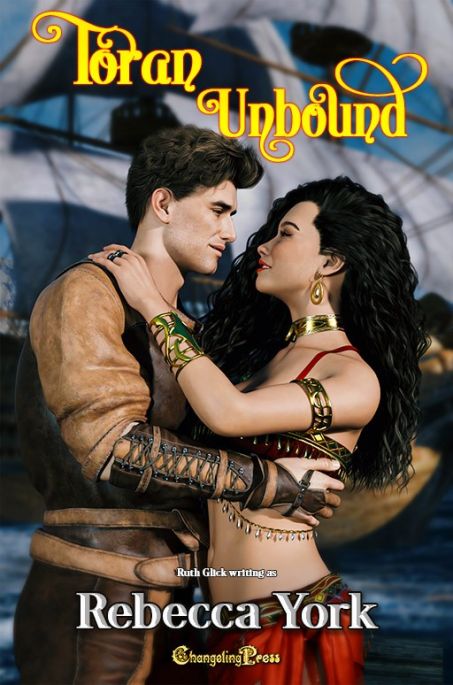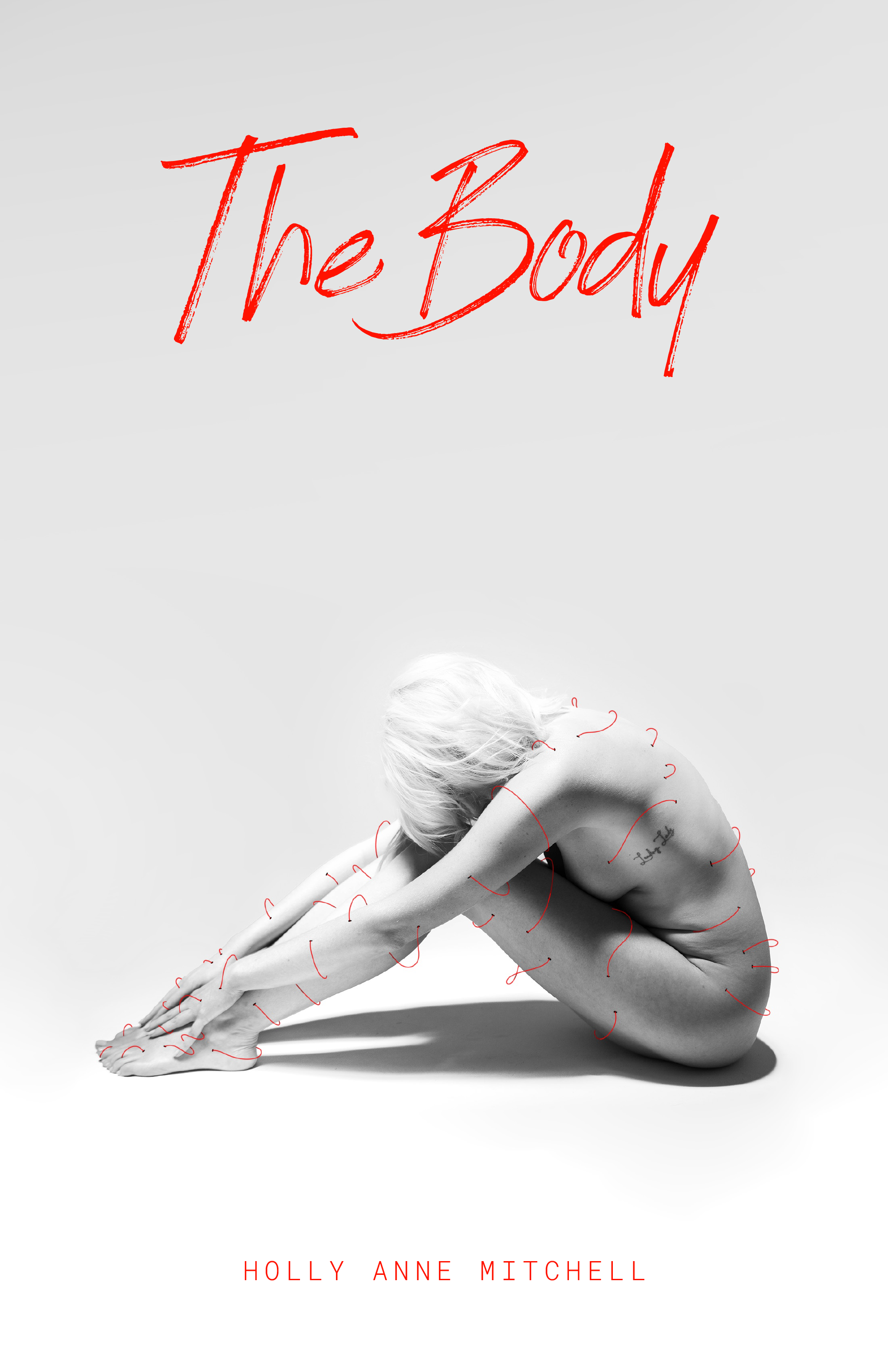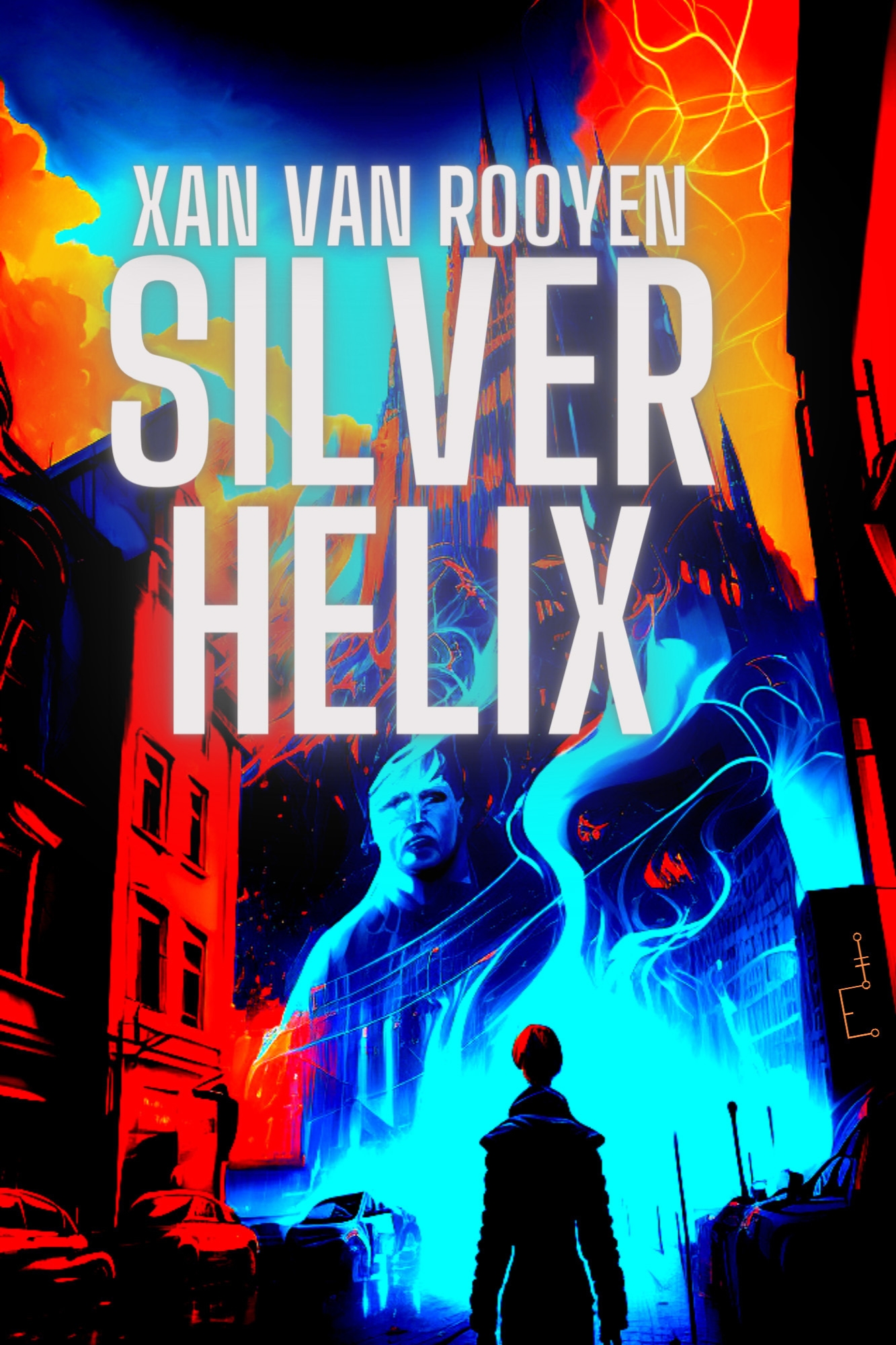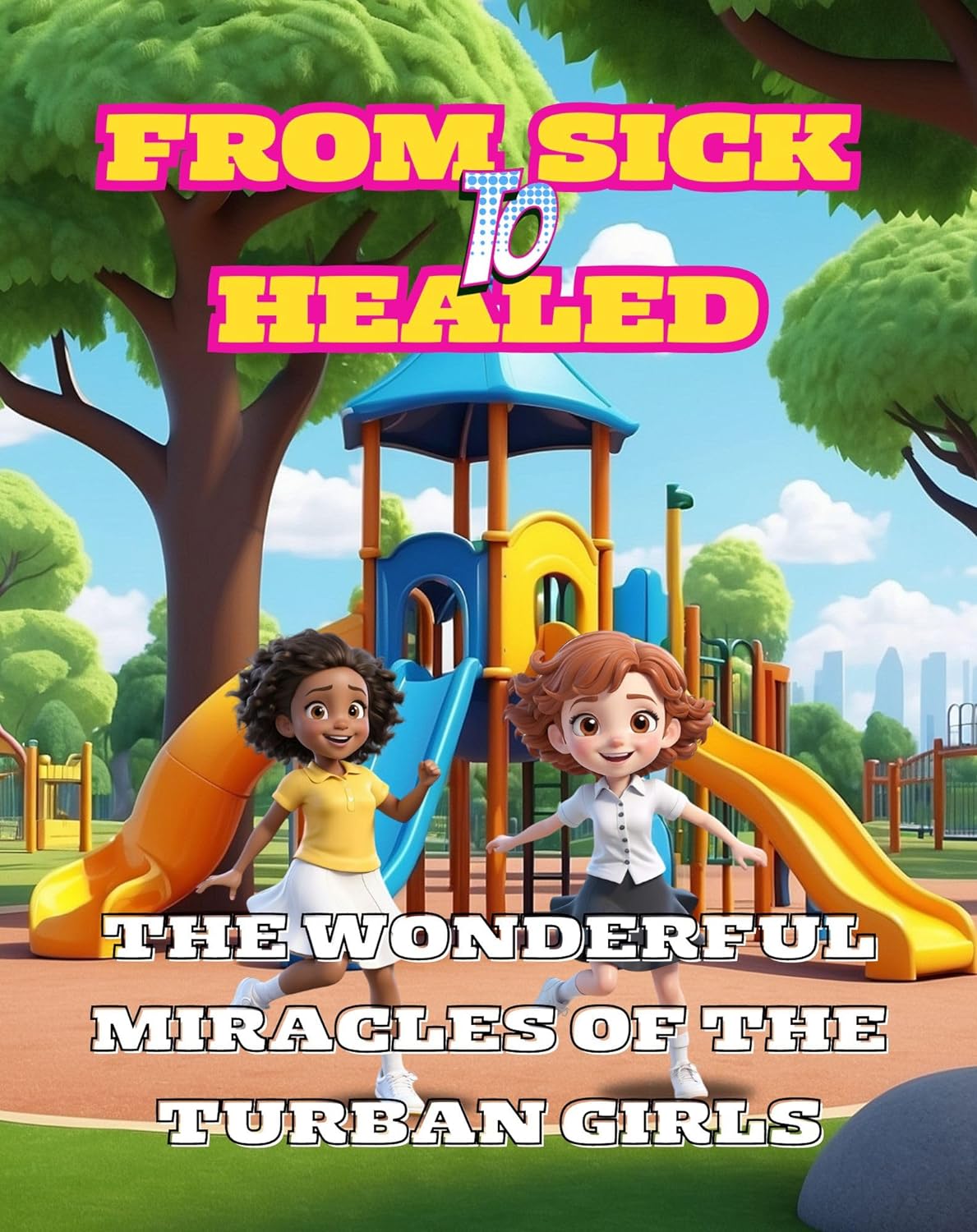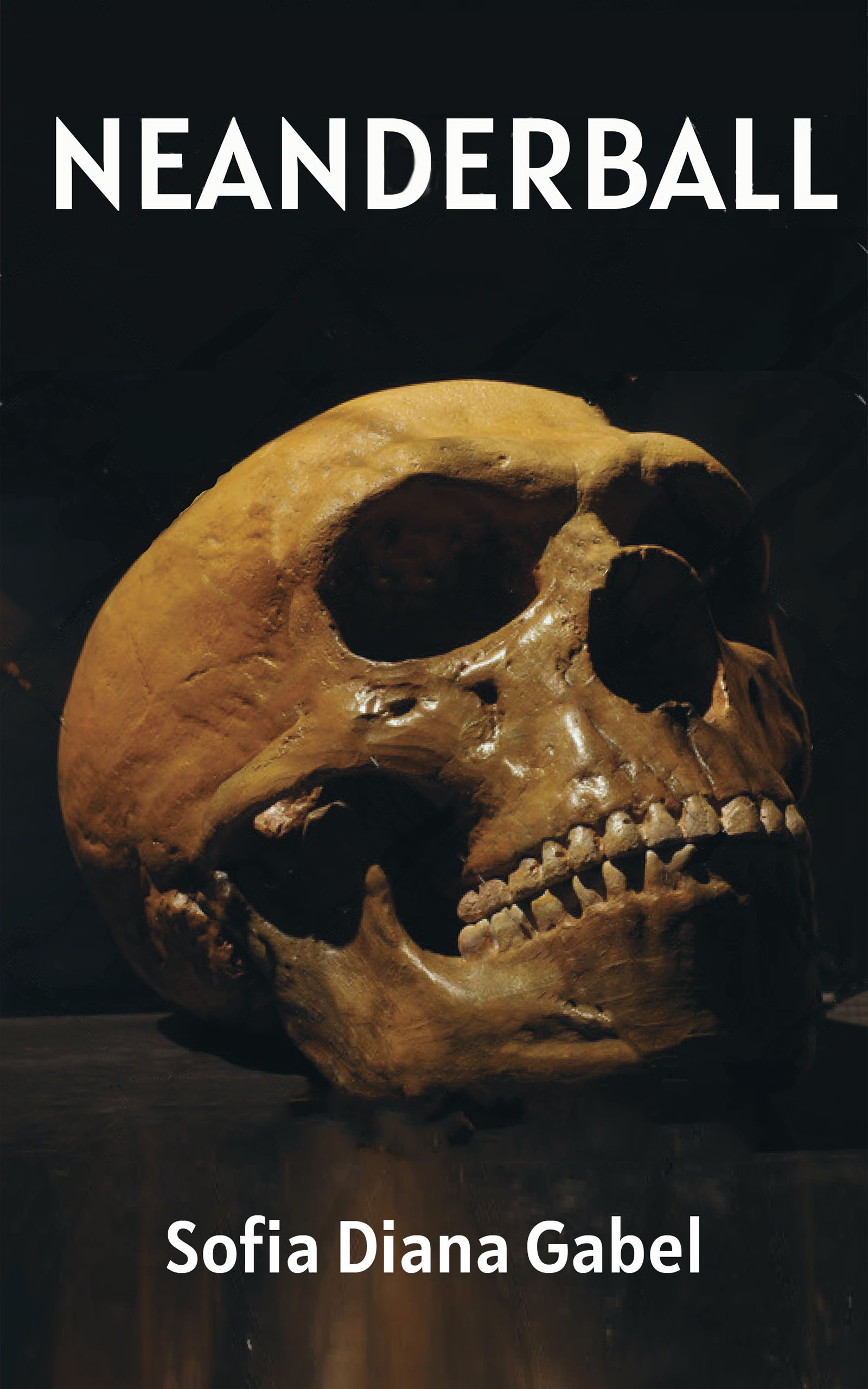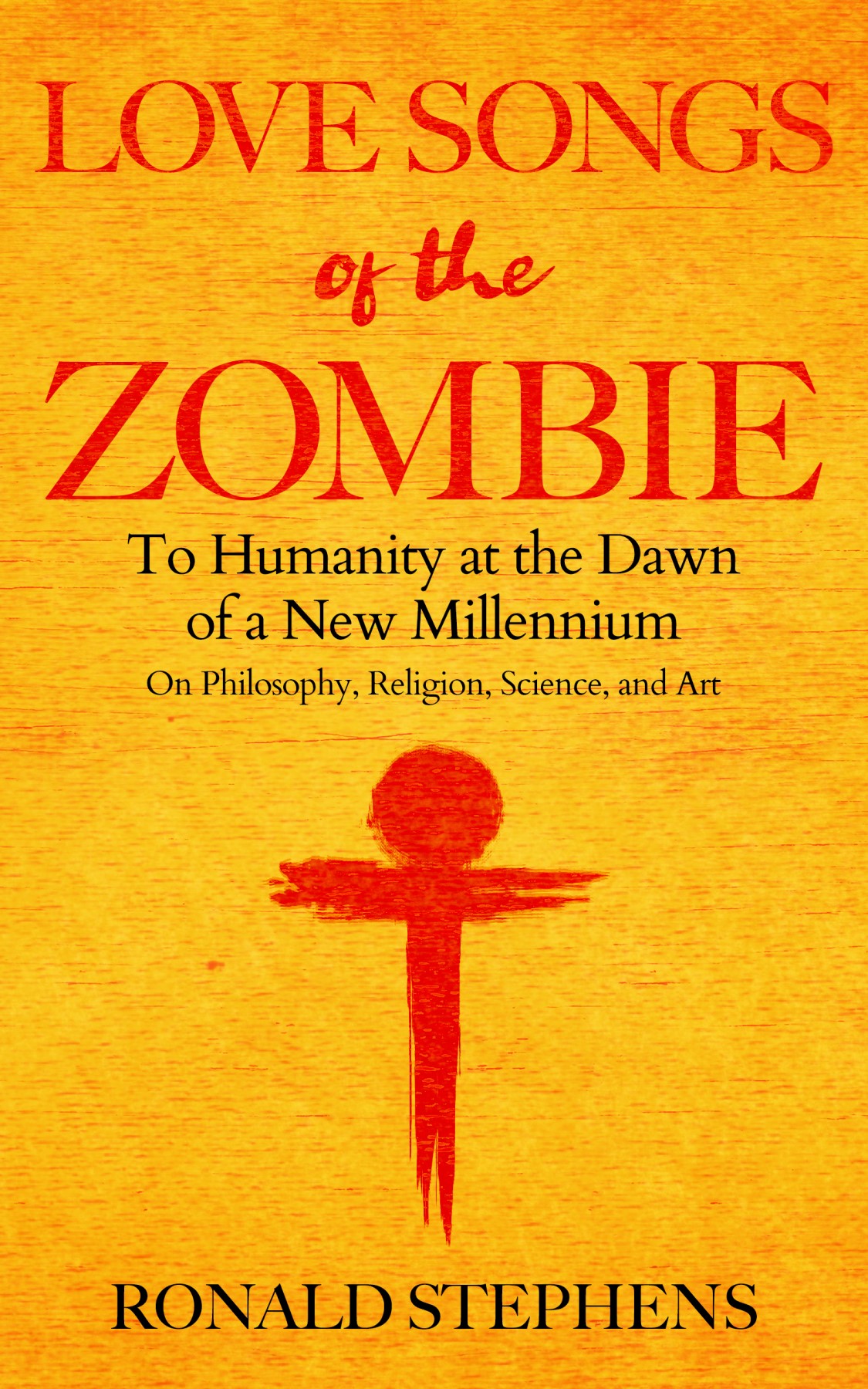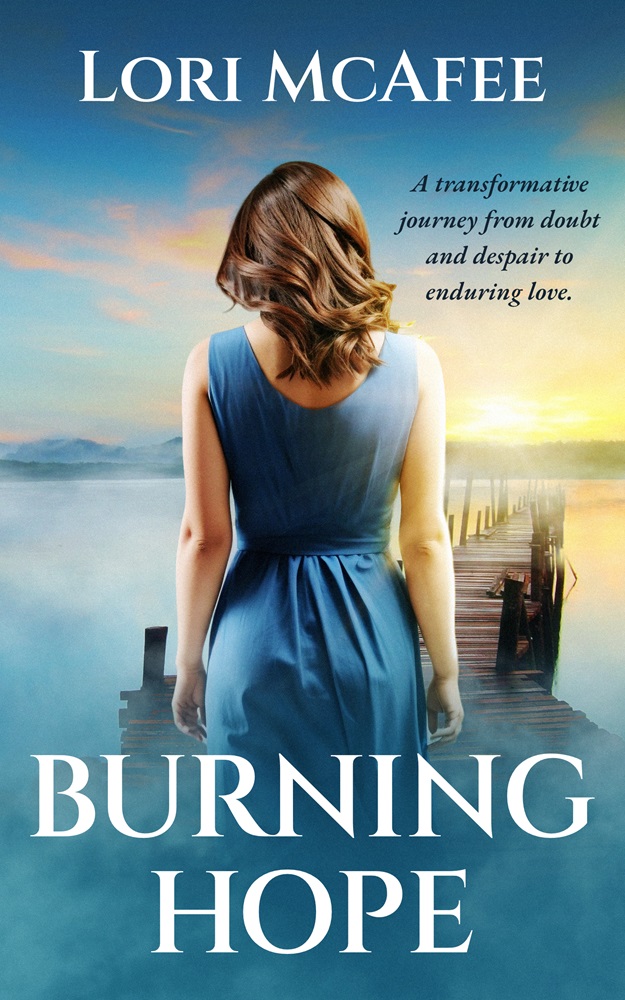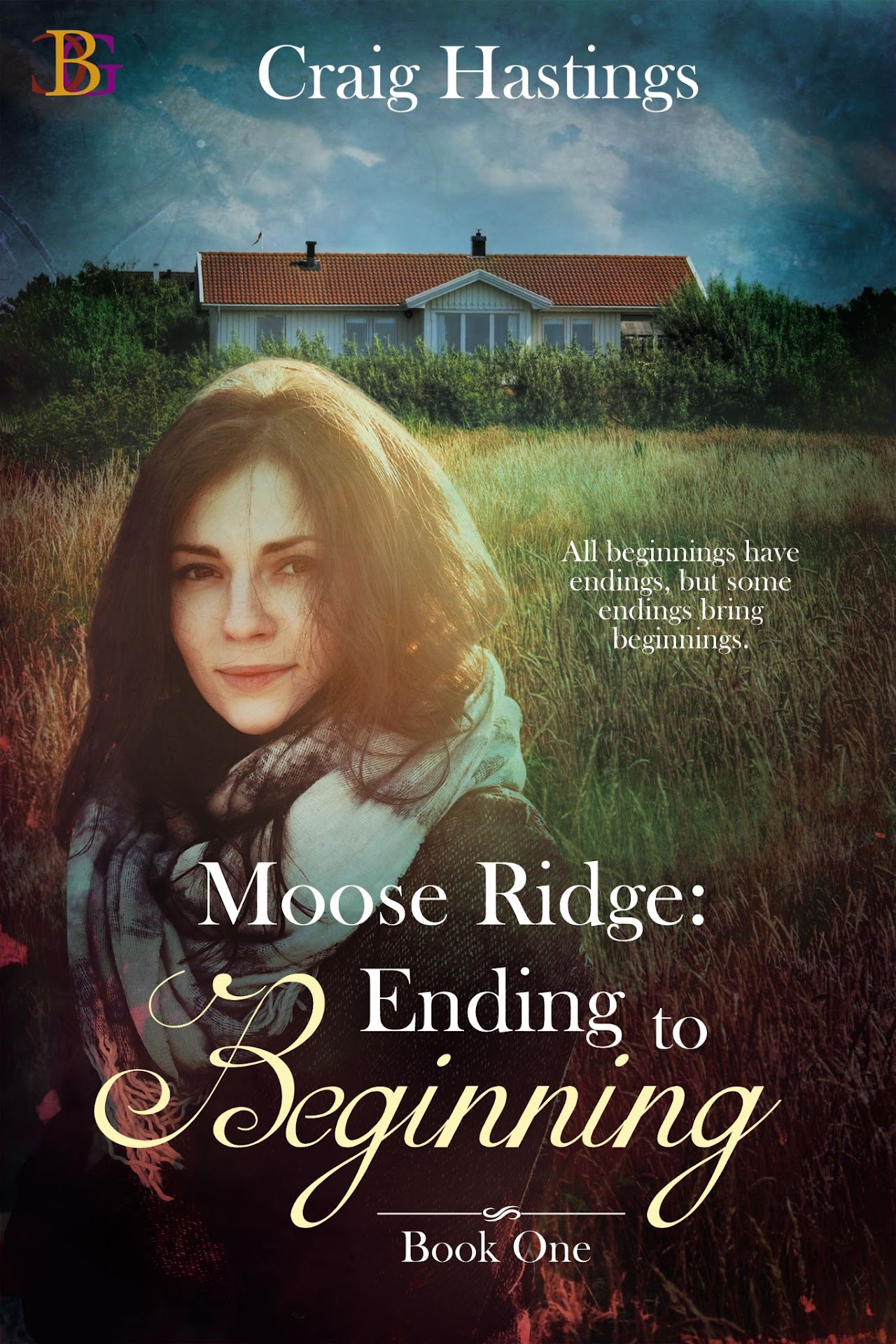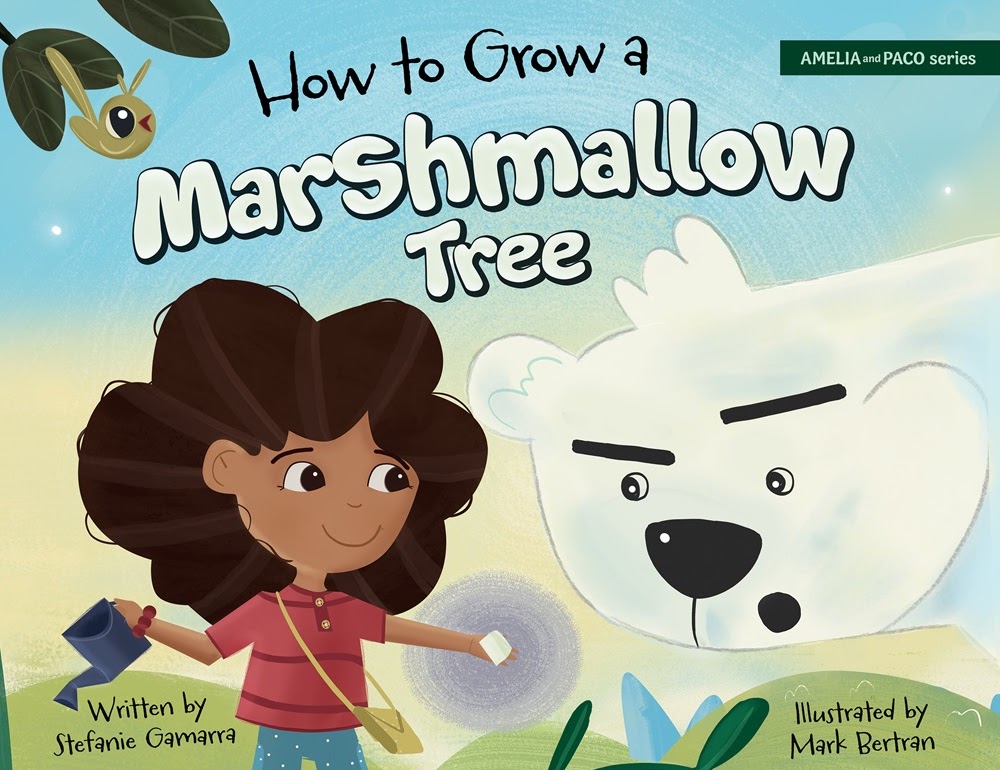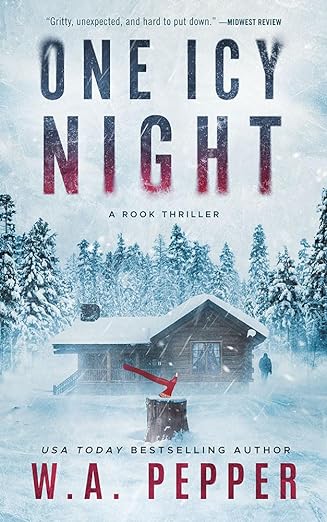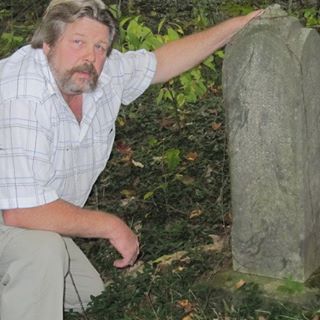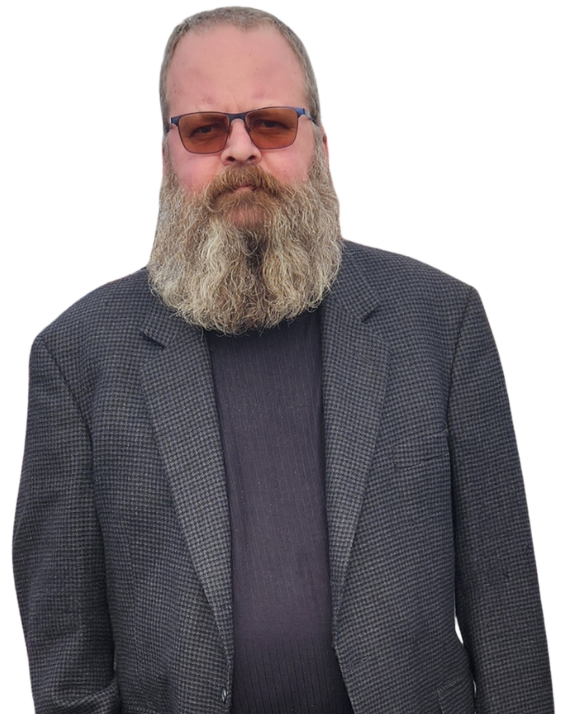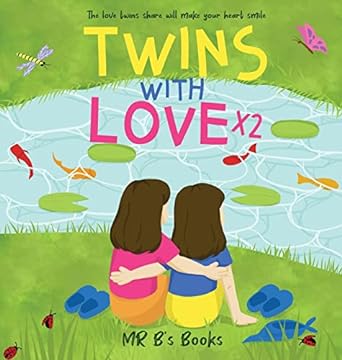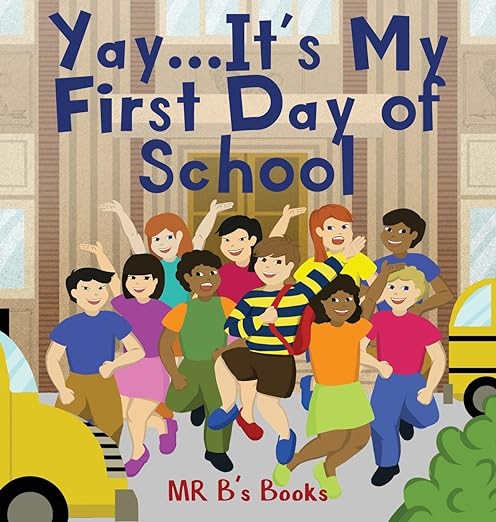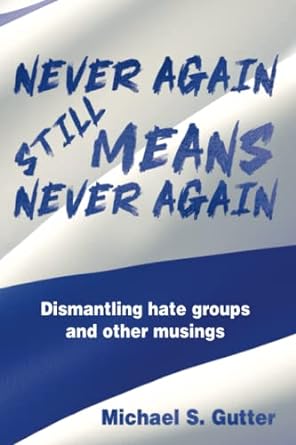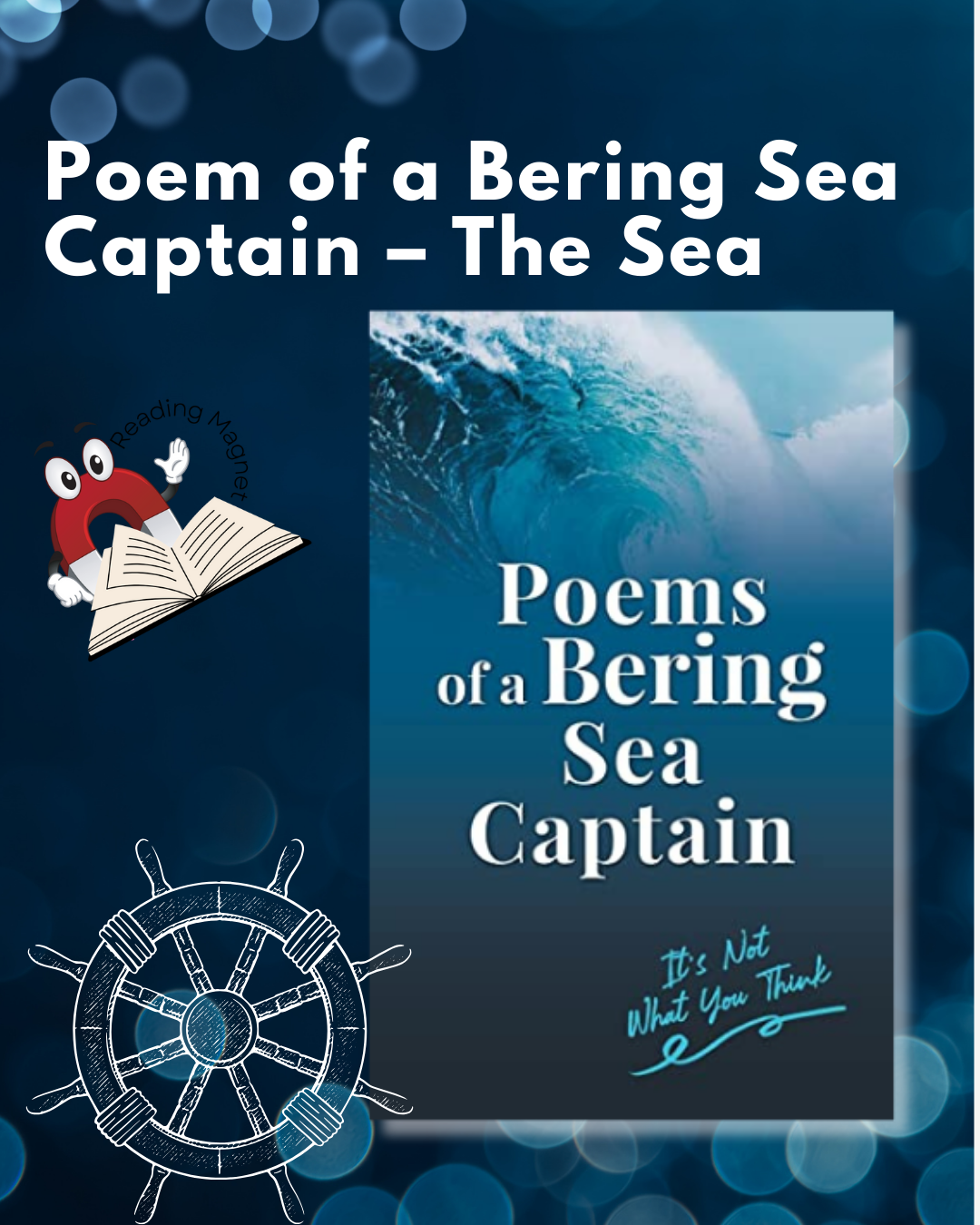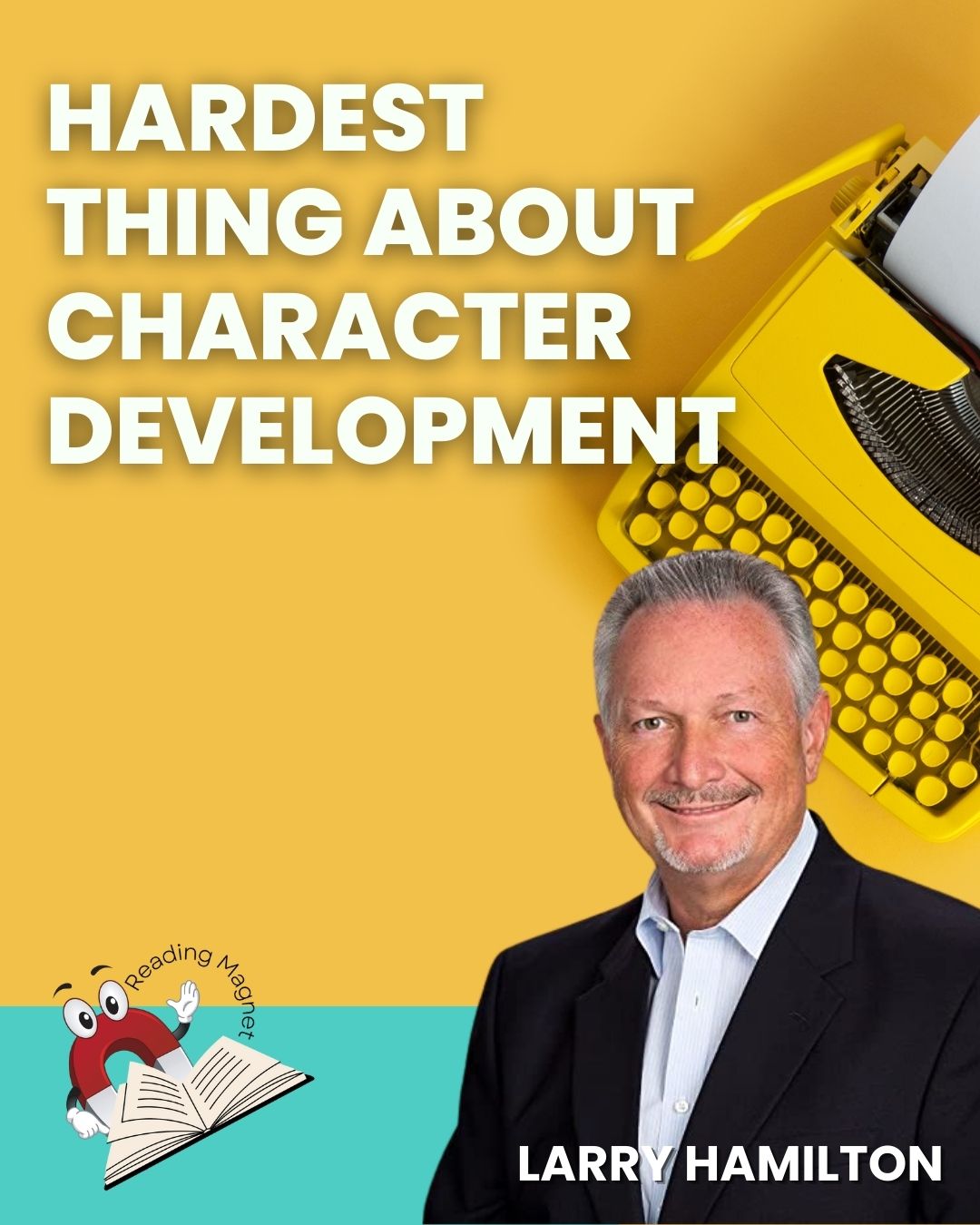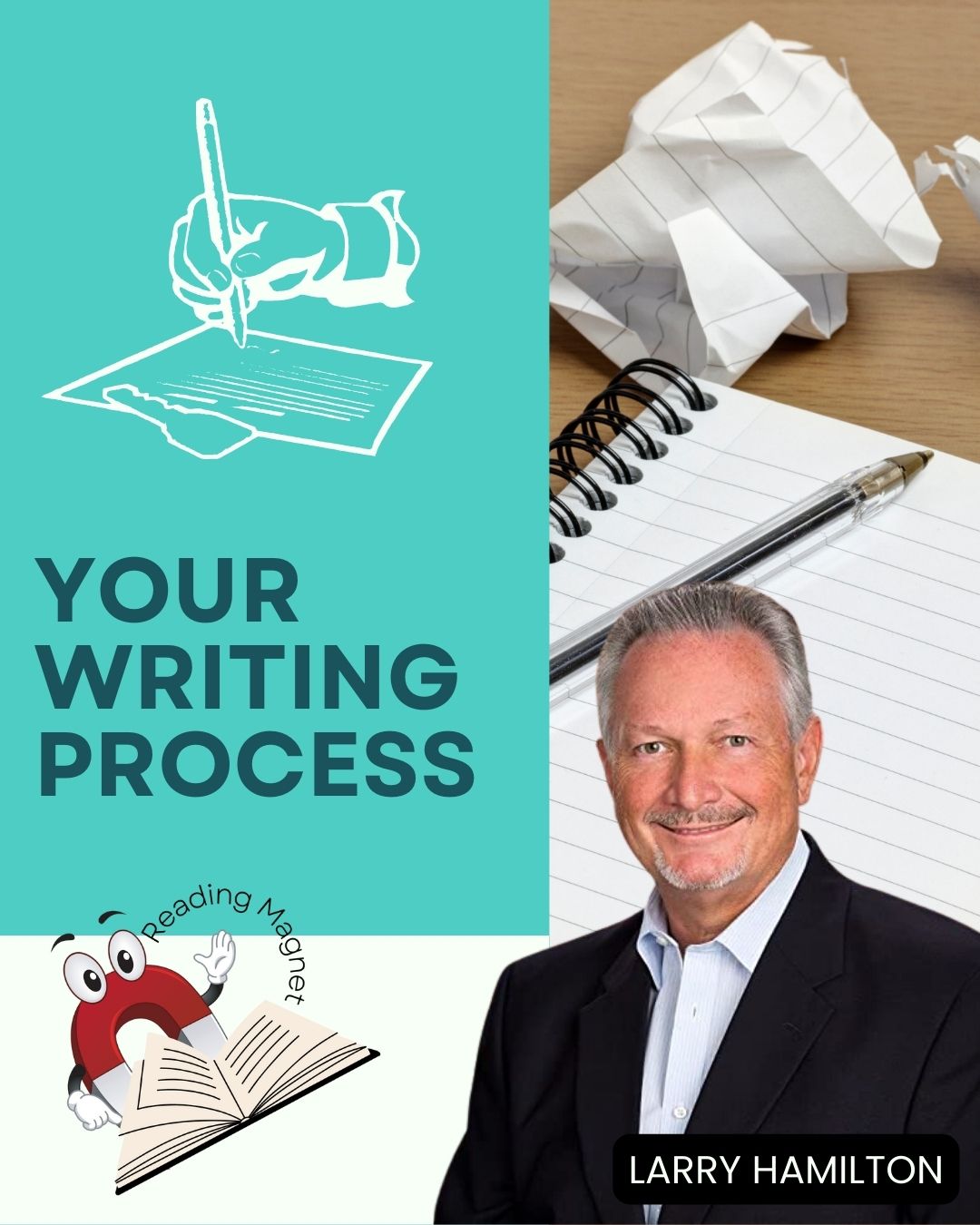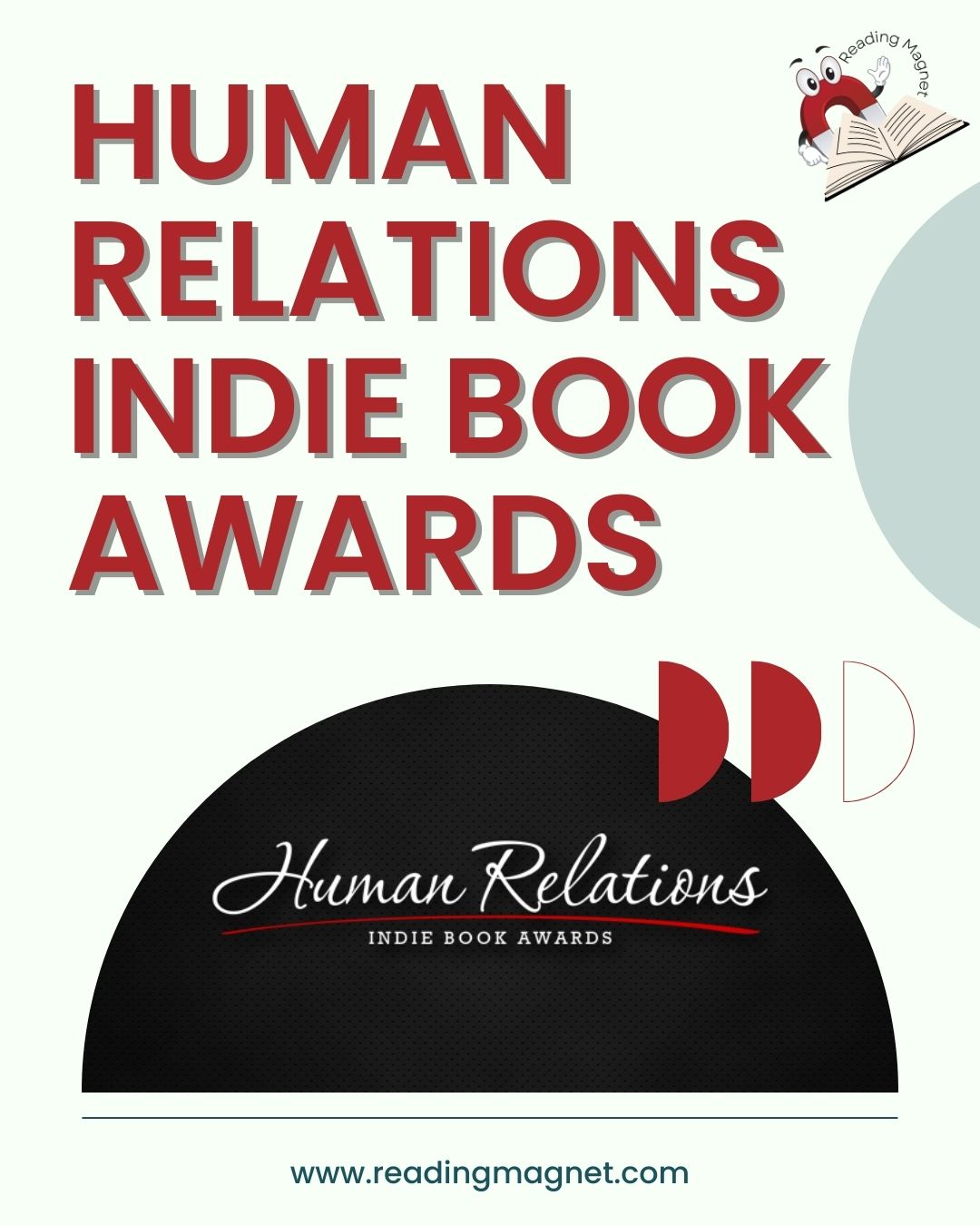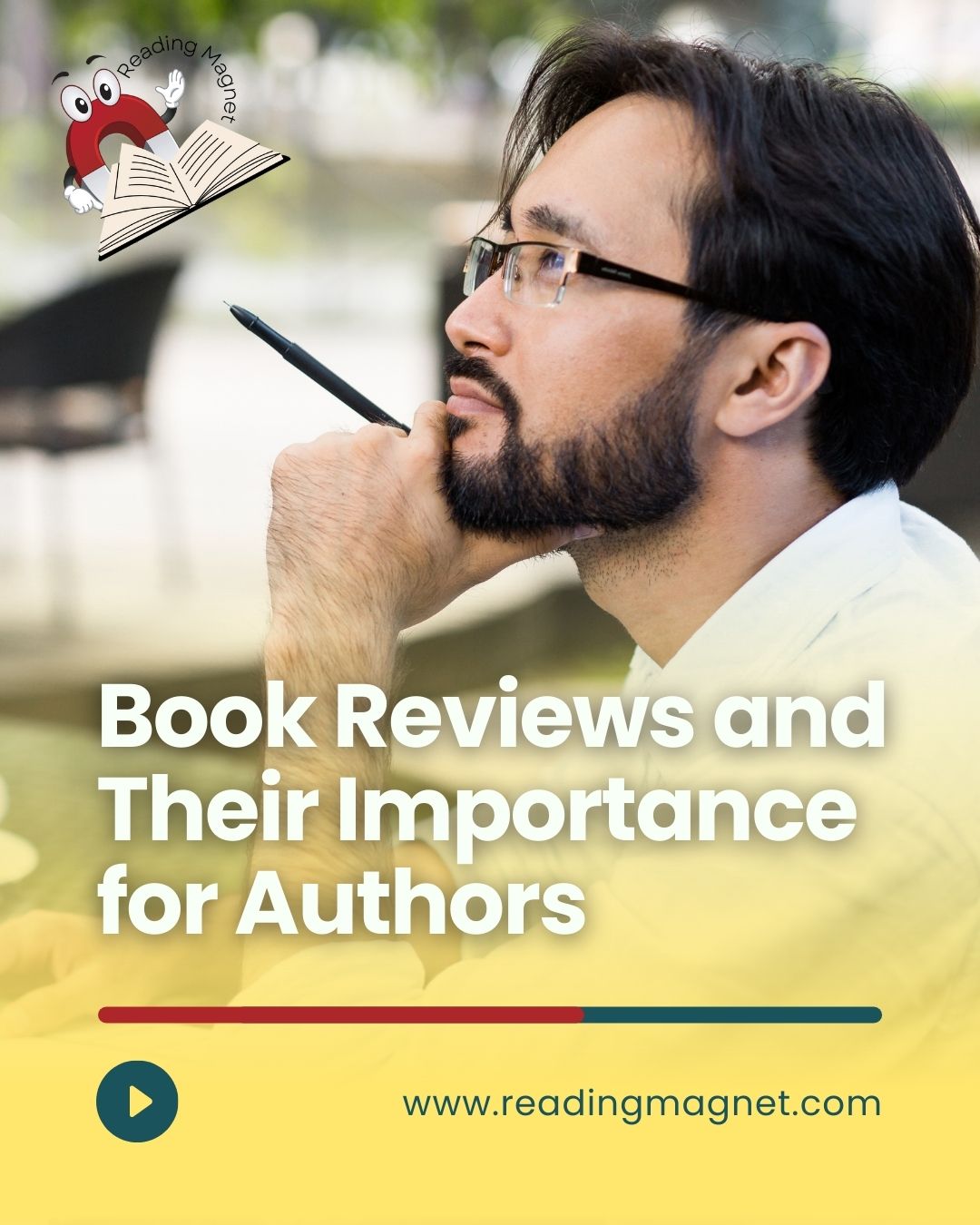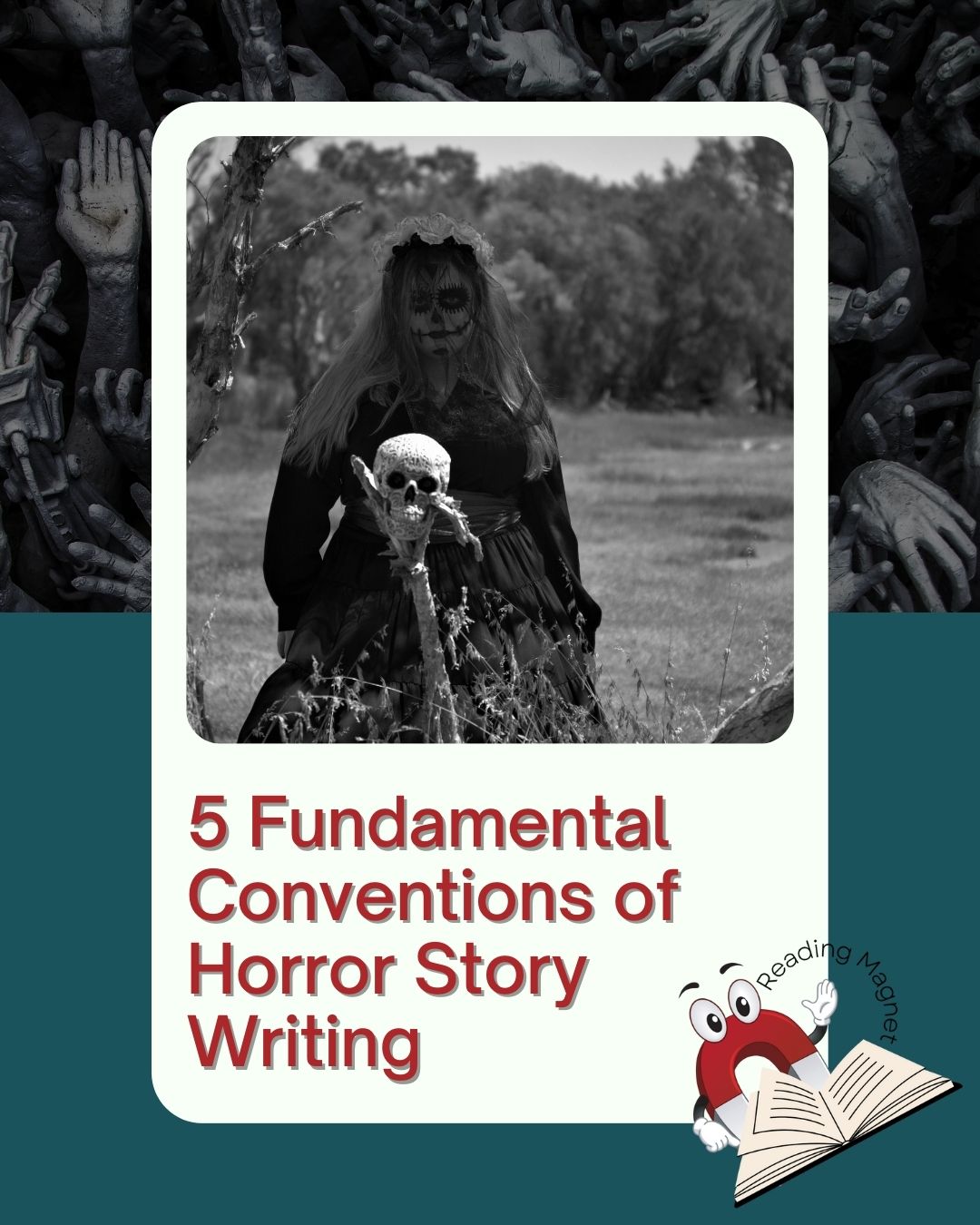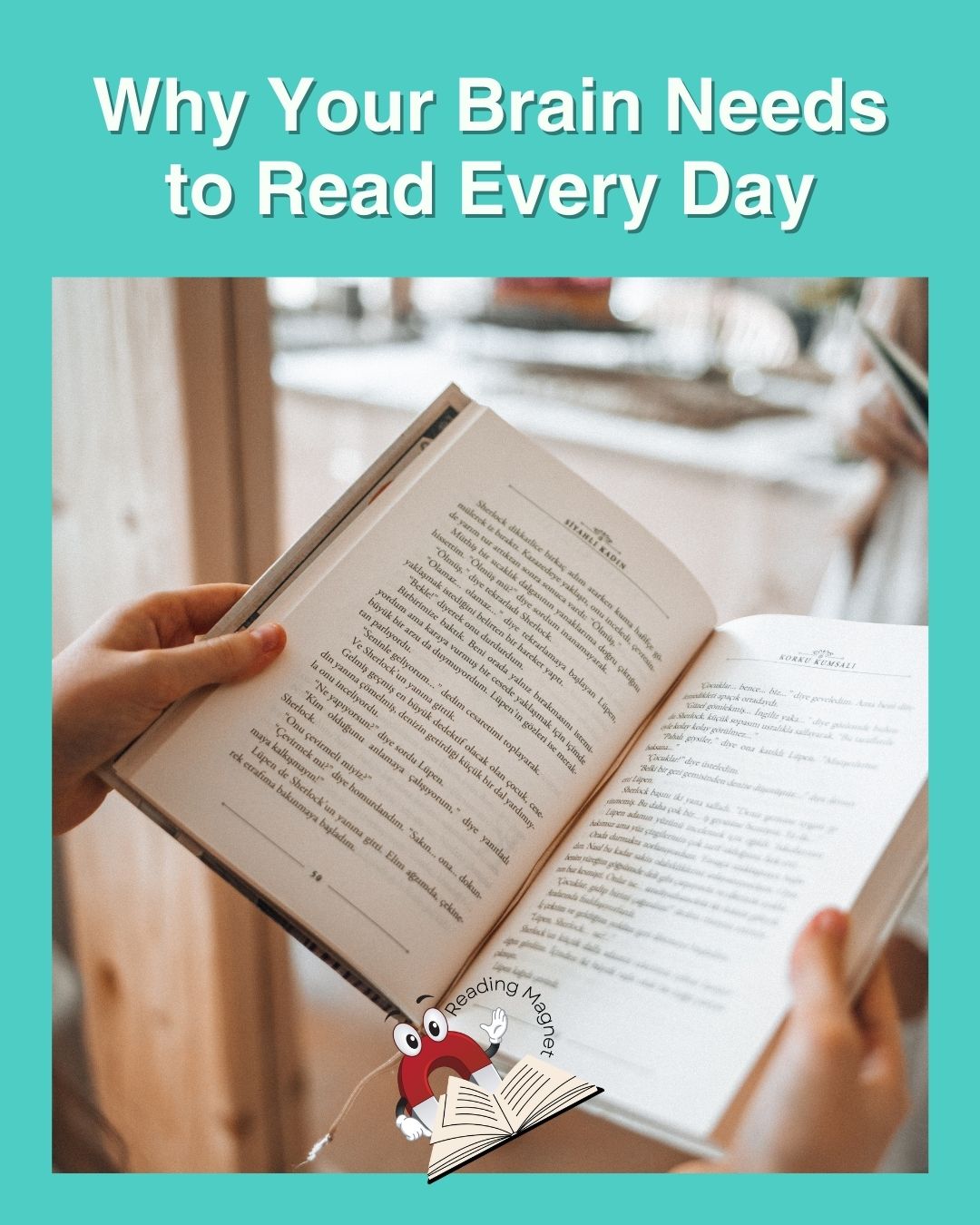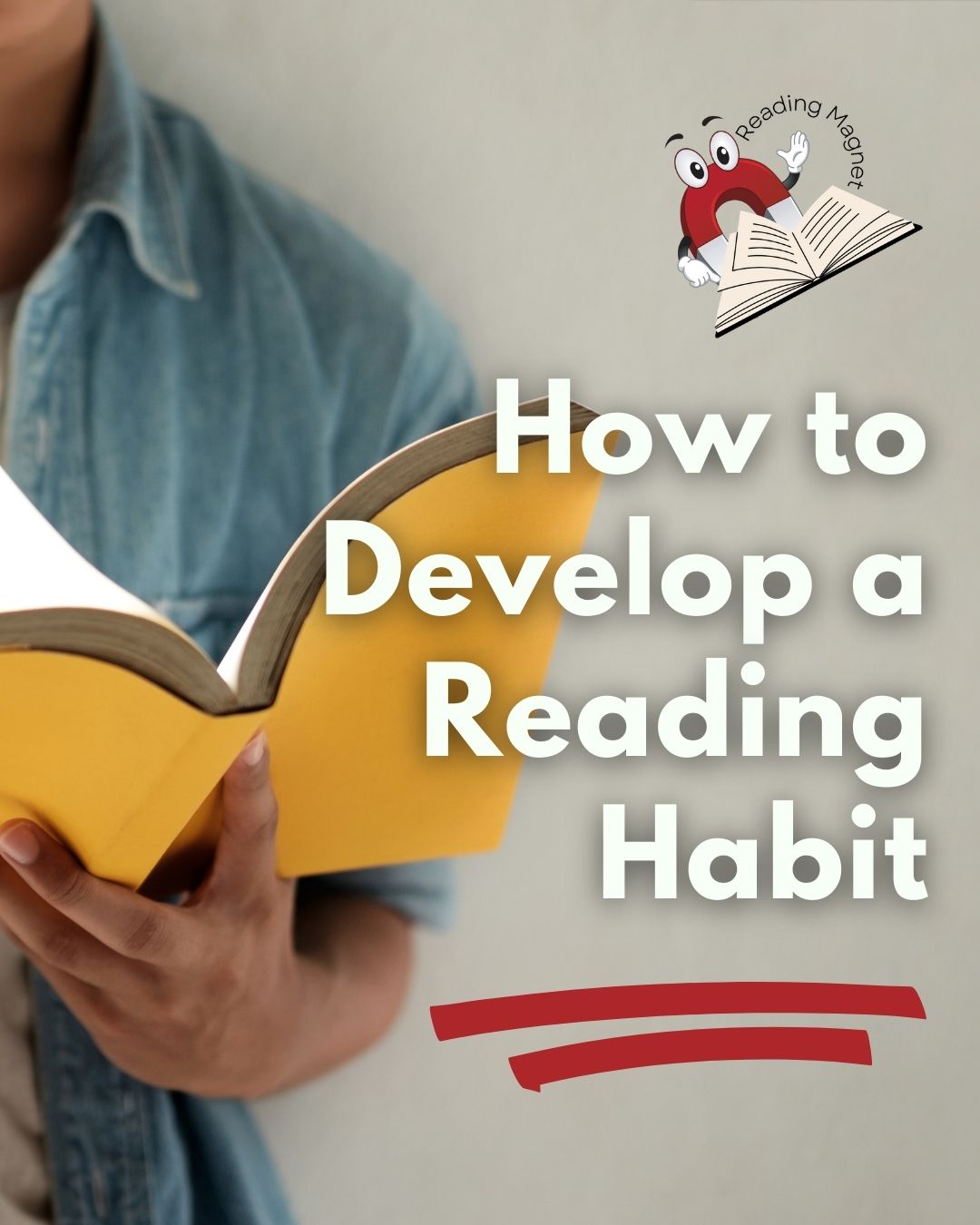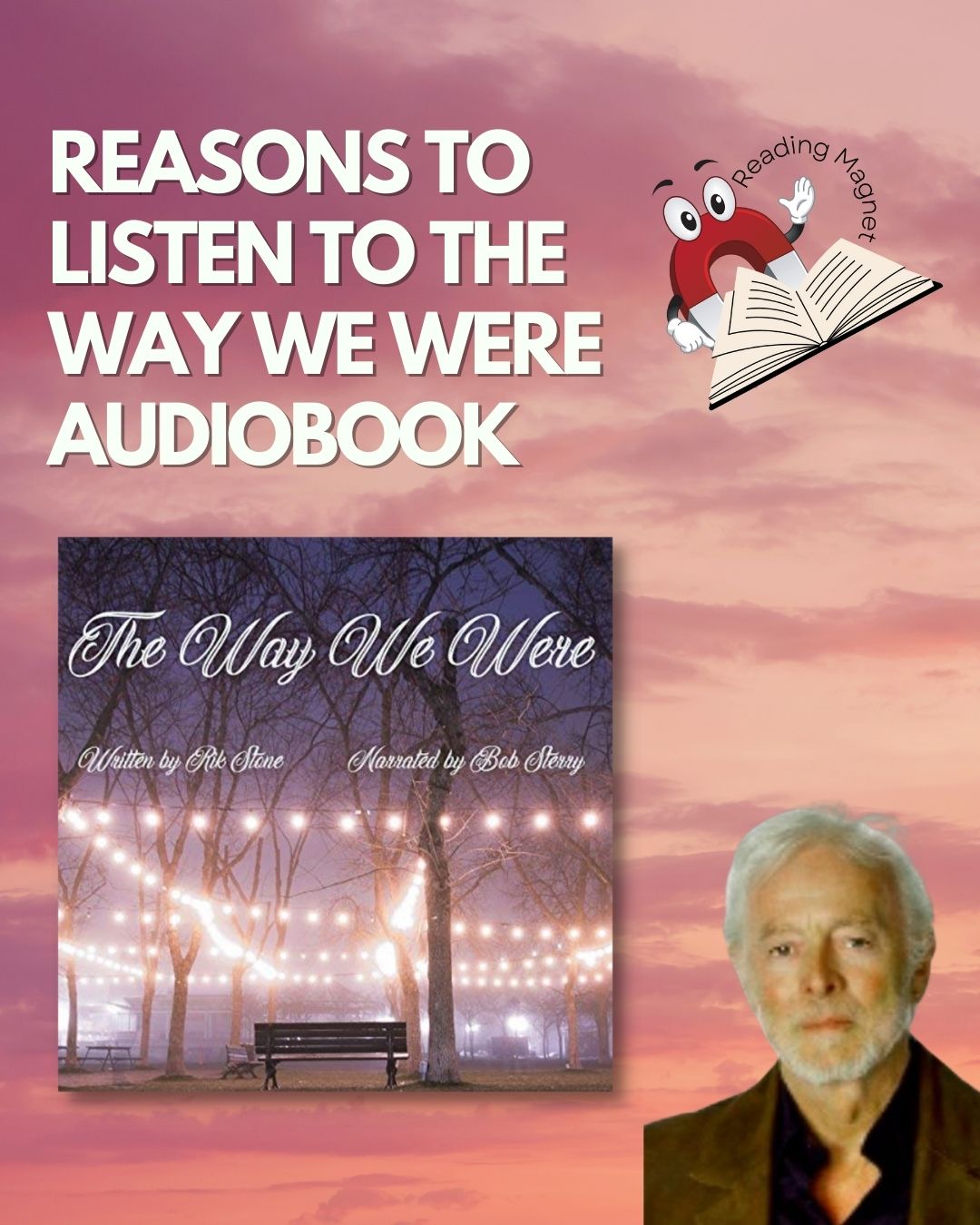Dr. Frank J. Plateroti enriches literary landscapes with his works, including the trilogy-in-progress, East Clifton Avenue. Seamlessly blending familial narratives with fiction, this series unfolds as a poignant family memoir. Alongside this masterpiece, Dr. Plateroti delves into the realm of self-discovery and empowerment with Speak No Evil: In Search of Our Self-Esteem, Self-Empowerment, and Self-Worth, a book inspired by his unique course in intra-interpersonal communications.
Drawing from over two decades of expertise in teaching communications at William Paterson University, Dr. Plateroti shares his knowledge in courses spanning TV production, media studies, and the intricacies of interpersonal dynamics. His illustrious career extends beyond academia, encompassing a rich background in public relations, as well as prolific work in producing, writing, and directing.
We’re thrilled to be delving deeper into Dr. Plateroti’s journey, gaining insights into his literary endeavors, and uncovering the wisdom encapsulated within his books.
What are some day jobs you have held?
My career started out in television production and public relations and marketing. I worked in NYC for about ten years. For, at that time, the biggest international PR and Advertising companies: Hill and Knowlton and J. Walter Thomson. That experience gave me not only rare career opportunities, such as working in Washington D.C. and broadcasting, but it also gave me an important understanding of corporate business and finance. This came in handy when I opened my own international production company years later. There were also opportunities that I was able to parlay when working directly in international broadcasting and news. For example, developing video news releases in the pharmaceutical and medical fields.
I retired my business in 1997 and decided to take advantage of an opportunity to teach at the university where I earned my master’s degree in communication and broadcasting in the early 1980s: William Paterson University in Wayne, New Jersey. I taught at WPU for about twenty years. That, while I earned a doctorate degree in education research, with a concentration in psychology. It is at William Paterson where I developed the communication strategies that my book, Speak No Evil: In Search of Our Self-Esteem, Self-Empowerment, and Self-Worth, is based.
What have you written so far?
My first fiction book was published in 2020 is East Clifton Avenue. This is the first book of a trilogy. Based primarily on my mother’s family from the time they left Sicily and came to America at the beginning of the 1900’s. Although some of the characters are based on real people, most of the action is 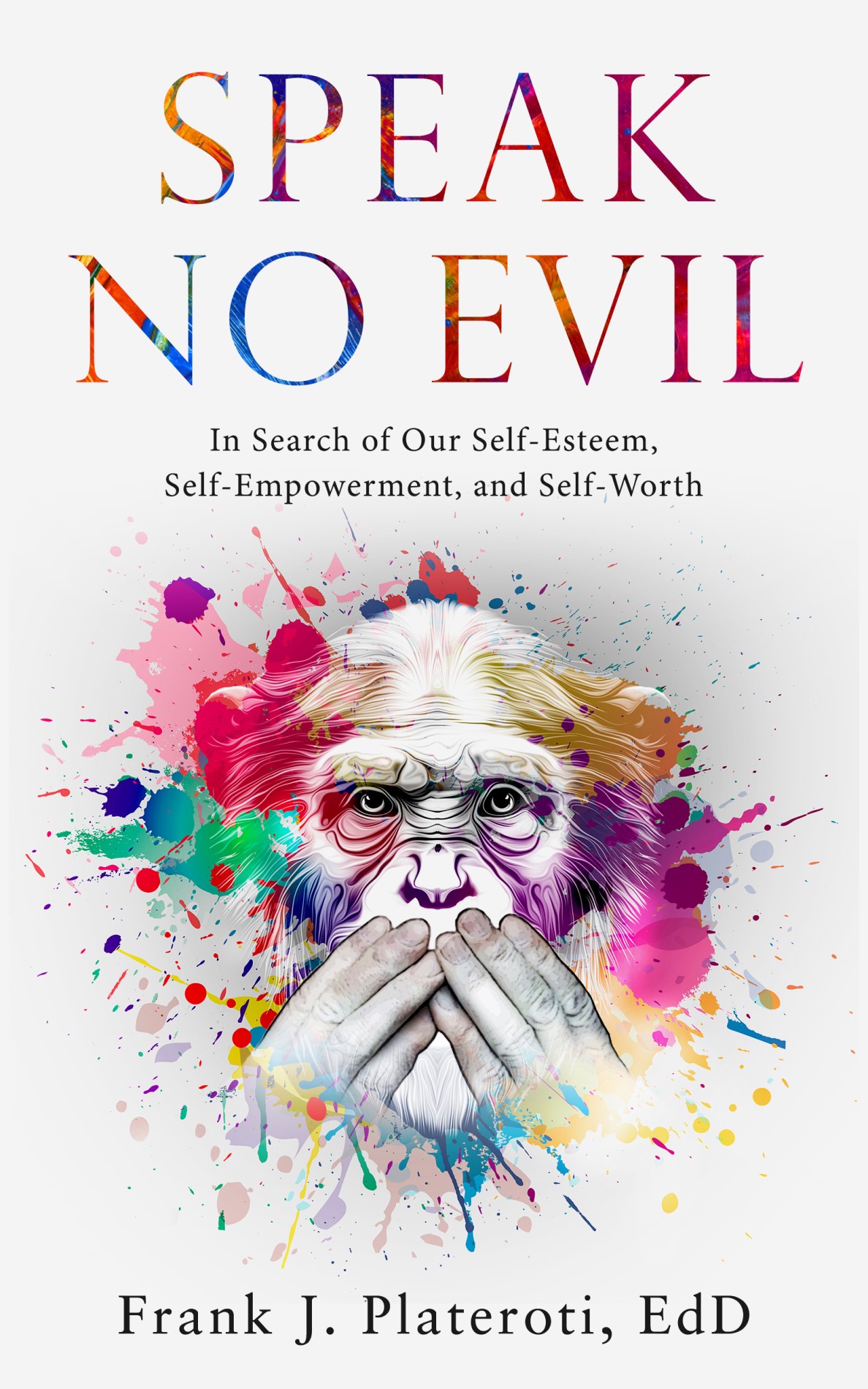 put into a fictional framework. The book consists of the times, stories and history that might otherwise be lost. It will also serve as a legacy of my entire family’s history that I am sharing with my children and grandchildren. The second book of the trilogy is almost complete and will be ready for publication in the spring of 2023. I have also started the third book. It will be ready for publication sometime in 2024 and may end in the later part of the 1960’s. I haven’t decided yet.
put into a fictional framework. The book consists of the times, stories and history that might otherwise be lost. It will also serve as a legacy of my entire family’s history that I am sharing with my children and grandchildren. The second book of the trilogy is almost complete and will be ready for publication in the spring of 2023. I have also started the third book. It will be ready for publication sometime in 2024 and may end in the later part of the 1960’s. I haven’t decided yet.
The title of my latest book that was just published on October 10, 2022 is, Speak No Evil: In Search of Our Self-Esteem, Self-Empowerment, and Self-Worth. The book is based on the intra/intercommunication course I developed. This includes many communication strategies and concepts that I developed. As well as some concepts that are based on well-known communication research. I would have to say my inspiration for writing the book was primarily on the feedback I received my students. A few of the events that served as my inspiration are highlighted in the book.
Although simple, the mantra of my course was, “Communication is Life and Life is Communication.” A simple term but on a day-to-day basis how many people are communicating on their cell phones. And if there is any doubt in the necessity for the need to communicate… How many of us have panic when we either misplace or forget our cell phones?
Do you work to an outline or plot sketch, or do you prefer to let a general idea guide your writing?
If it is a fictional piece like my first book, East Clifton Avenue, I would have to say developing the story. When driving (sometimes I miss exits or turns!) or doing any activity, I am developing the story, chapter, characters in my head and I can’t wait to get to my computer. I also love to develop characters through their dialogue and placing them in the proper environment or scene. As strange as it seems, when the characters become developed, they become like a friend that I created. There is an episode of Rod Serling’s Twilight Zone that is a perfect example of this that I can relate to. I am sure other authors feel the same way. In a way we are giving birth and life to our characters
How did you decide how to publish your books?
Since I was new to the publishing world, I wanted to be in control of the publishing of my work. I read the reviews on a couple of self-publishing rating sites and researched the recommendations. I used two different self-publishers for each book.
What advice would you give to aspiring authors?
Write what you are familiar with. Don’t be intimidated by thinking you have to be another Ernest Hemingway. Everyone has a story. As every person and every family is unique, so is every story. Also, although it would be nice to have a best seller and earn a lot of money, that should not be the motivation. As I used to tell my children and my students, don’t make a career choice based on money. Make it on the passion you feel for doing something you like and doing it really well. The money will follow. Even if you don’t become a millionaire, I know a lot of rich people who aren’t doing what they like. They found out too late that money should not have been their career goal.
I would also recommend reading biographies of authors; past and present. The reason is that writing doesn’t happen in a vacuum. To fully appreciate a book, we should study the author and the times and place the book was written. For example, Fitzgerald’s The Great Gatsby was written during the Roaring Twenty and Prohibition eras. We can experience so much more from Fitzgerald’s work if we know the man, the times and his rise and premature downfall. I believe a good analogy is seeing a painting in a museum or a book.
A good example is Caravagio’s work. If we study the time he painted, his style, his life and his influence on Baroque Painting we have a total different experience than just looking at his paintings. When we “study” the painter and his times we can have a fuller, more appreciative art experience. The same goes for authors who can then have an influence on our work. We see their struggles, self-doubts and a feeling, “if they can do it I can too.”
One of the important lessons I learned in studying past authors are the lessons from their “pitfalls.” For example, there is a destructive commonality of both Fitzgerald and Capote; part ego, part genius. Although from very different times and personalities, the commonality is their alcohol abuse. Also their genius and ego that destroyed them. The alcohol didn’t make them more creative. And, their lack of humility, combined with their individual substance abuse, destroyed them and any future work they could have shared with the world.
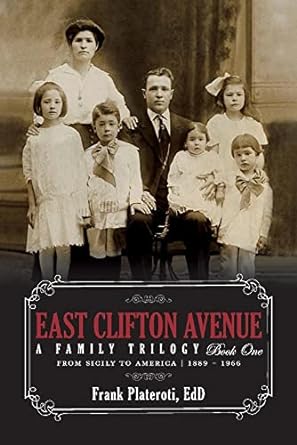 Can you share with readers a little bit about your latest book?
Can you share with readers a little bit about your latest book?
I am presently completing the second book of my trilogy, East Clifton Avenue. This is the second book of a fiction trilogy based primarily on my mother’s family from the time they left Sicily and came to America at the beginning of the 1900’s. The trilogy may end with book three in the later part of the 1960’s. The book consists of the times, stories and history that might otherwise be lost. It will also serve as a legacy of my entire family’s history that I am sharing with my children and grandchildren. It is almost complete and will be ready for publication in the spring of 2023. I have also started the third book as well, which will be ready for publication sometime in 2024.
What made you decide to sit down and actually start writing this book?
Like the old cliché states; “There is no time for the present.” Reaching retirement age, I wanted to put in writing stories that I had grown up with. Only a few people are still alive that would be somewhat familiar with what I remember. I wanted my book(s) to be a legacy for my children and grandchildren. Everyone and every family has a story. You don’t have to be rich or a celebrity to be a writer and have something interesting to say.
Also I found it very bitter-sweet to go back in time in my mind to recall things I have not thought about in years. I began by dedication about an hour a day. This sometimes stretched to a few hours, skipping meals because I became so engrossed. I’m so happy I wrote and published. I will continue to do so as long as I feel I have something interesting to offer the reader.
Do you listen or talk to your characters?
I love to develop my characters through their dialogue and how I place them in their environment and scene. I think about them and will constantly re-view and re-write the dialogue making sure it is true to the personality of the character that I have developed. Since some characters are based on real people the language needs accuracy. Since I am the only one who would know that because most of the characters are somewhat based on real people who are gone. But in a fictional framework, it is important to me to be accurate.
Through writing formatting, I make no confusion about which character speaks. This can be tricky because I don’t want it to use, “he said or she said.” I tie who is talking it into some action that leads the reader to subtly understand who is speaking. Also, nonverbal communication is important; how characters react with eye movement, facial expressions, etc. Nonverbal communication occurs in real life about sixty to eighty percent of our communication experiences. It is important that my fictional characters react the same way in order to make them more realistic.
As strange as it seems, when the characters become developed, they become like a friend that I created. There is an episode of Rod Serling’s Twilight Zone that is a perfect example of this that I can relate to. I am sure other authors feel the same way. In a way we are giving birth and life to our characters.
What was the hardest thing about writing your latest book?
Since I am working on the second book of a trilogy, I have to make sure I follow the proper timelines and action from the first book so I don’t confuse the reader who may have already read the first book. Since there are many characters and the plot and action that occurs over a couple generations, I have to make sure the characters properly develop through the first books timeline to the second and then the third book.
The worst thing is to frustrate a reader who will lose interest because one book does not accurately and chronologically follow the next. Especially since I end each book with a couple cliffhangers so they will have an interest to see what happens next. It’s interesting when people who have read the book either try to talk me into revealing what will happen next or they keep after me asking when I am going to get the second book finished. That gives me a little satisfaction that they enjoyed the first book and want to continue.

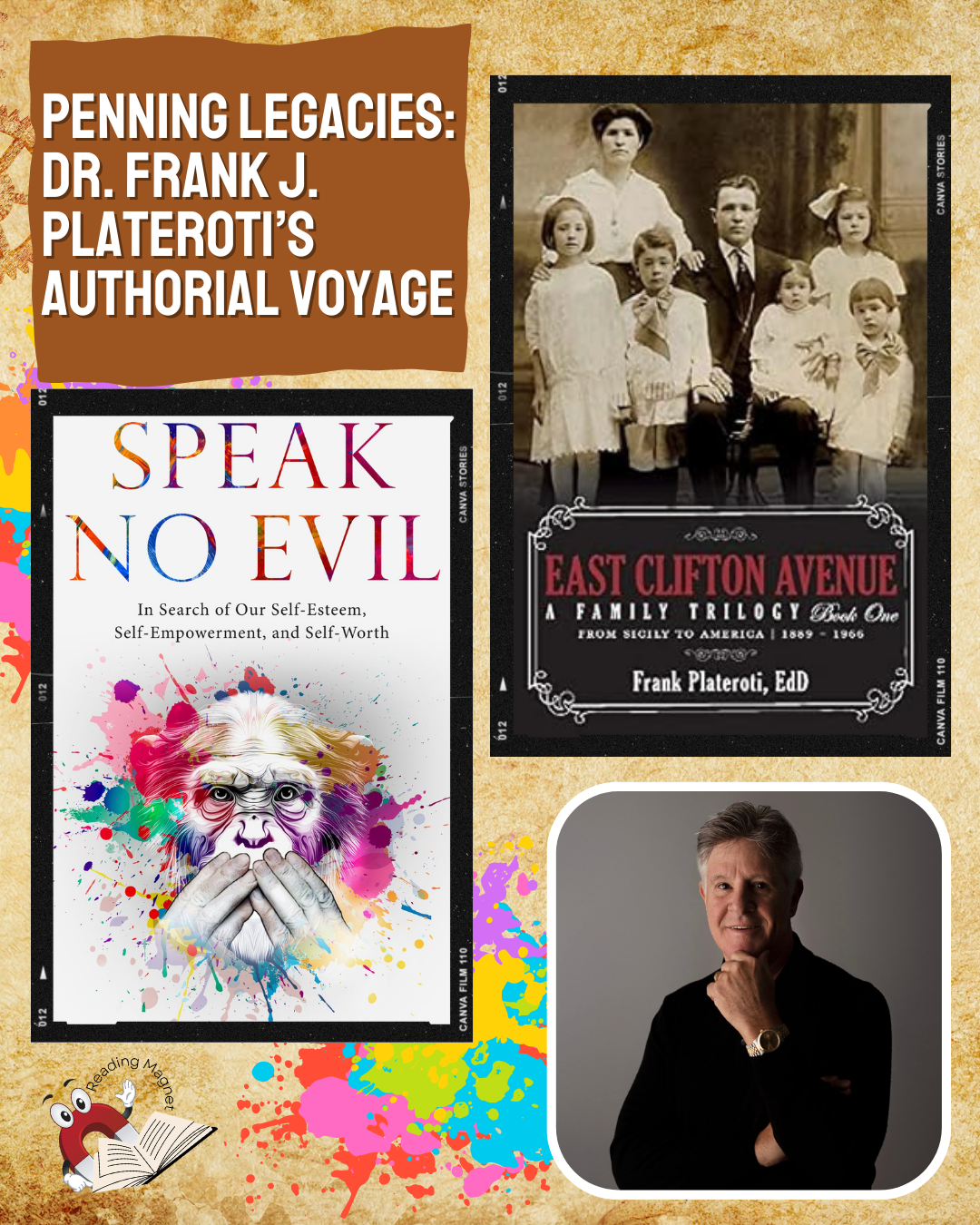
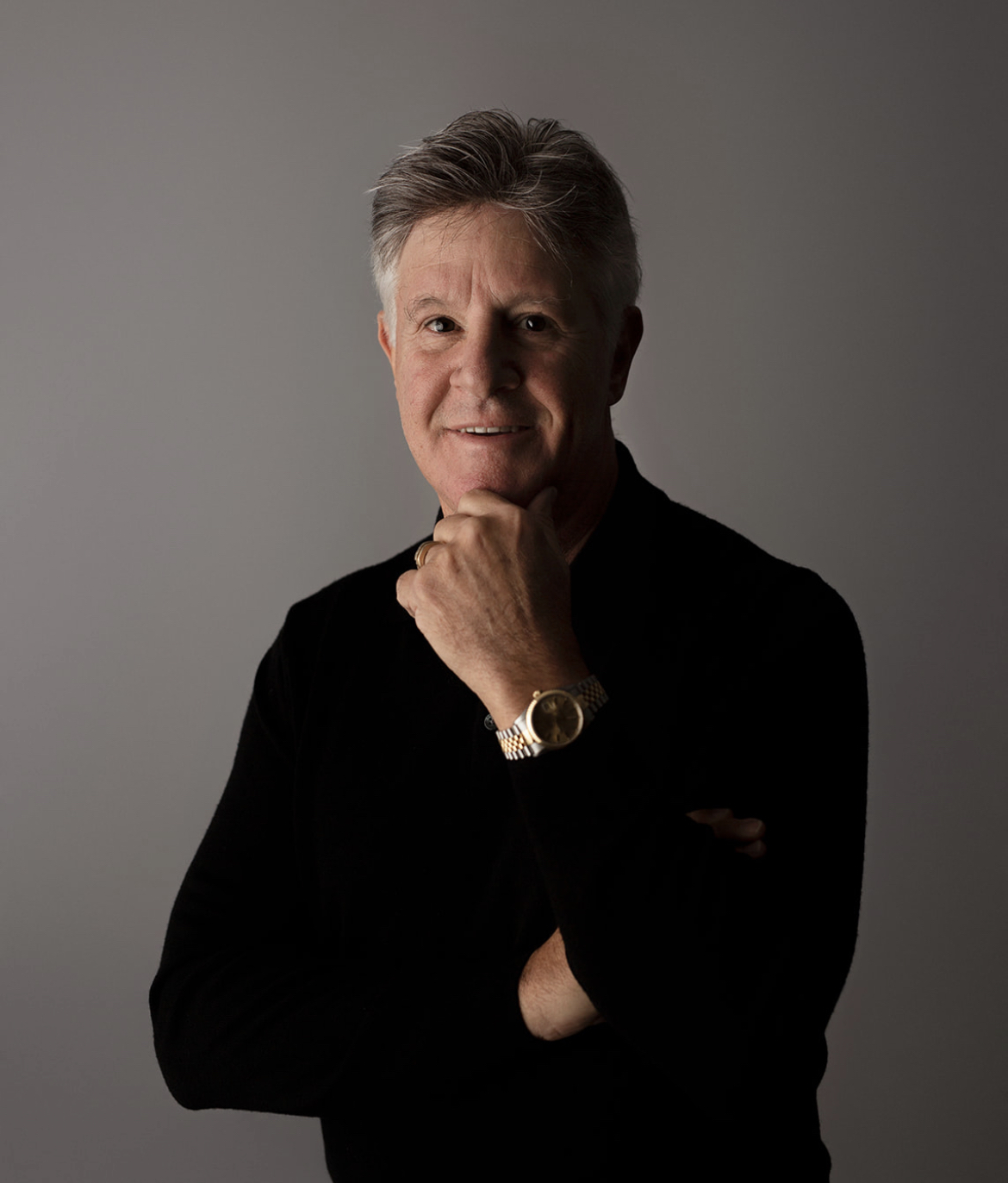 Find the Author
Find the Author